30 Great Albums from 1st Quarter 2024
The first quarter of 2024 wrapped up a couple weeks ago, but better late than never, here are 30 albums we love that came out during Q1. To make the list, the album had to come out between January 1 and March 31 (that means no Vampire Weekend until next quarter), and even narrowing this down to 30 was tough–we love a lot more than 30 albums that came out in that window. The list is presented below in alphabetical order. What’s your favorite album of 2024 so far?
Adrianne Lenker – Bright Future
4AD
We tend to expect perfection from A-list artists, especially when they’ve given it to us time and time again, but it’s also always a unique thrill when they choose to not give us that. As with Radiohead offshoot The Smile’s new album, Big Thief leader Adrianne Lenker’s latest solo LP feels more about giving us a glimpse into the journey than worrying about polishing off every last edge. It’s her first solo LP since 2020’s songs and instrumentals, but while those albums were literally solo albums, performed entirely by Adrianne, Bright Future finds her working with a band. Frequent Big Thief collaborator (and Twain leader) Mat Davidson, singer/songwriter Nick Hakim, and Swedish composer Josefin Runsteen contributed guitar/piano, piano, and violin/percussion, respectively, and all three of them sing alongside Adrianne. songs / instrumentals producer Philip Weinrobe reprises his role, and this time also contributes piano and banjo. The five of them camped out together at a 150-year-old analog studio in the woods called Double Infinity, recording in the daytime and hanging out, listening to records by the fireplace at night. Adrianne says she had “had no idea what the outcome would be” when they started the process, and when you listen to Bright Future, it really does sound like a group of people figuring things out as they go, rather than working towards a predetermined goal.
The album varies between somber piano balladry and gentle folk/country songs to a seemingly off-the-cuff campfire singalong rendition of Big Thief’s “Vampire Empire” and the whimsical bounce of “Fool,” whose bent, plucked strings recall the more playful moments of Dragon New Warm Mountain I Believe In You. Adrianne’s lyrics range from stark, hyper-specific realism (“Do you remember coming to the hospital when I was fourteen?”) to wistful (“Leaning on the windowsill/You could write me someday and I think you will”) to more ambiguous moments like “Evol,” a song where Adrianne finds wordplay in spelling words backwards (“Speech spells hceeps you say for keeps/To keep me llehs a shell to speak through”). On both a musical and lyrical level, the album’s most prevailing theme is that there sort of isn’t a prevailing theme. There are so many different approaches to songwriting and performing taken on Bright Future, and they all just happen to work really well together. [A.S.]

Bill Ryder-Jones – Iechyd Da
Domino
“I’ve always railed against it when people ask if making a record is cathartic,” Bill Ryder-Jones says of his fifth solo album, “but I’d have to admit that this one really was.” The Coral co-founder, who’s been a solo artist longer now than he was in a member of that band, had a rough pandemic, including a bad breakup and close calls with substance abuse. He’s come through the other side, though, with one of his best-ever records. Iechyd Da, which is Welsh for “Good Health,” is one of those albums that seems to process joy and sadness as the same emotion, not unlike Mercury Rev’s Deserter’s Songs, The Delgado’s The Great Eastern or pretty much everything Spiritualized or Sparklehorse have ever done. Whether he’s singing “It’s noone’s fault, there’s sometimes nothing to be done / I just don’t see myself getting past this one” (“Nothing to be Done”) or “There’s something great about life” on the very next song (“It’s Today Again”), they all hit with a massive wave of beautiful sadness. There are some wonderful pop moments, too, including “If Tomorrow Starts Without Me,” that bring on the warm-n-fuzzies while still keeping a dark cloud in the blue sky. The whole album washes over you with orchestral grandeur, swooning strings and choral backing (more than once via a children’s choir), and in lesser hands these towering creations would topple from schmaltz. But Ryder-Jones has such a sure grasp of tone, in all senses of the word, so that the songs never wobble. He’s got a soft, fragile voice that could carry the emotional weight of these songs all on its own but is also the perfect center for exquisite heartbreak he’s wrapped himself in. [B.P.]
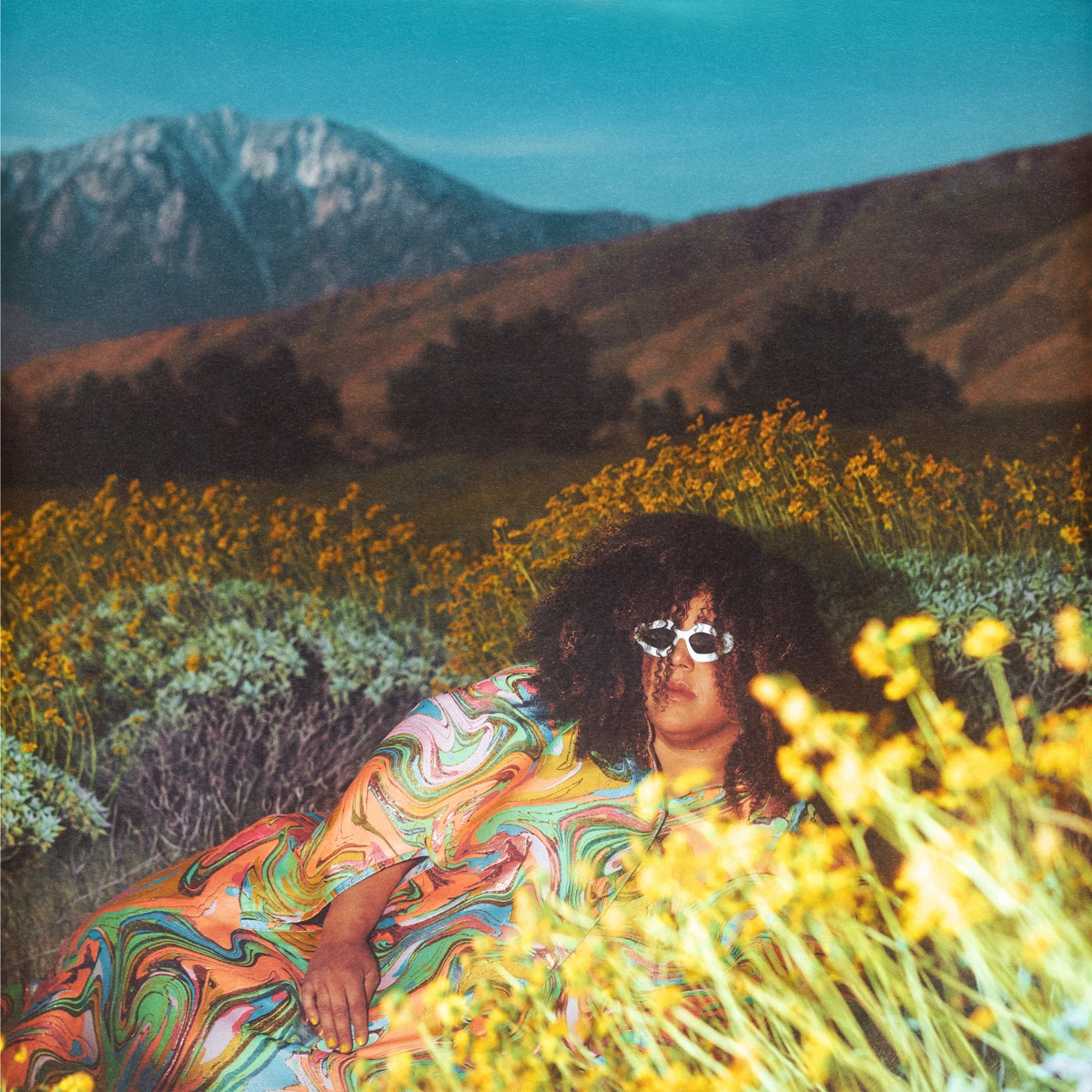
Brittany Howard – What Now
Island
Brittany Howard says that she wrote the title track to What Now “during the pandemic when the question ‘What now?’ was on all of our minds,” and in many ways, that question is still on all of our minds. With those words lingering in the forefront, the album is a reflection of living in the present in the face of an uncertain future. There’s sadness (“Does anyone remember what it felt like to laugh all night and sleep in late, not worry about anyone or anything? Well I don’t”), there’s hope (“We were born in a time to change the paradigm/Peace is the prize of our timeline… I know we can do it”), and there are a handful of love songs. It’s an album that has some answers and even more questions, and it feels like it’s okay with not knowing. It’s very psychedelic, down to the album artwork, and it mostly varies between blissful soul and hard-edged funk, with forays into disco and jazz. Like Brittany’s dormant band Alabama Shakes, What Now uses retro signifiers in ways that feel modern or even futuristic. The music blurs the line between the familiar and the unknown, just like the lyrics often do. [A.S.]
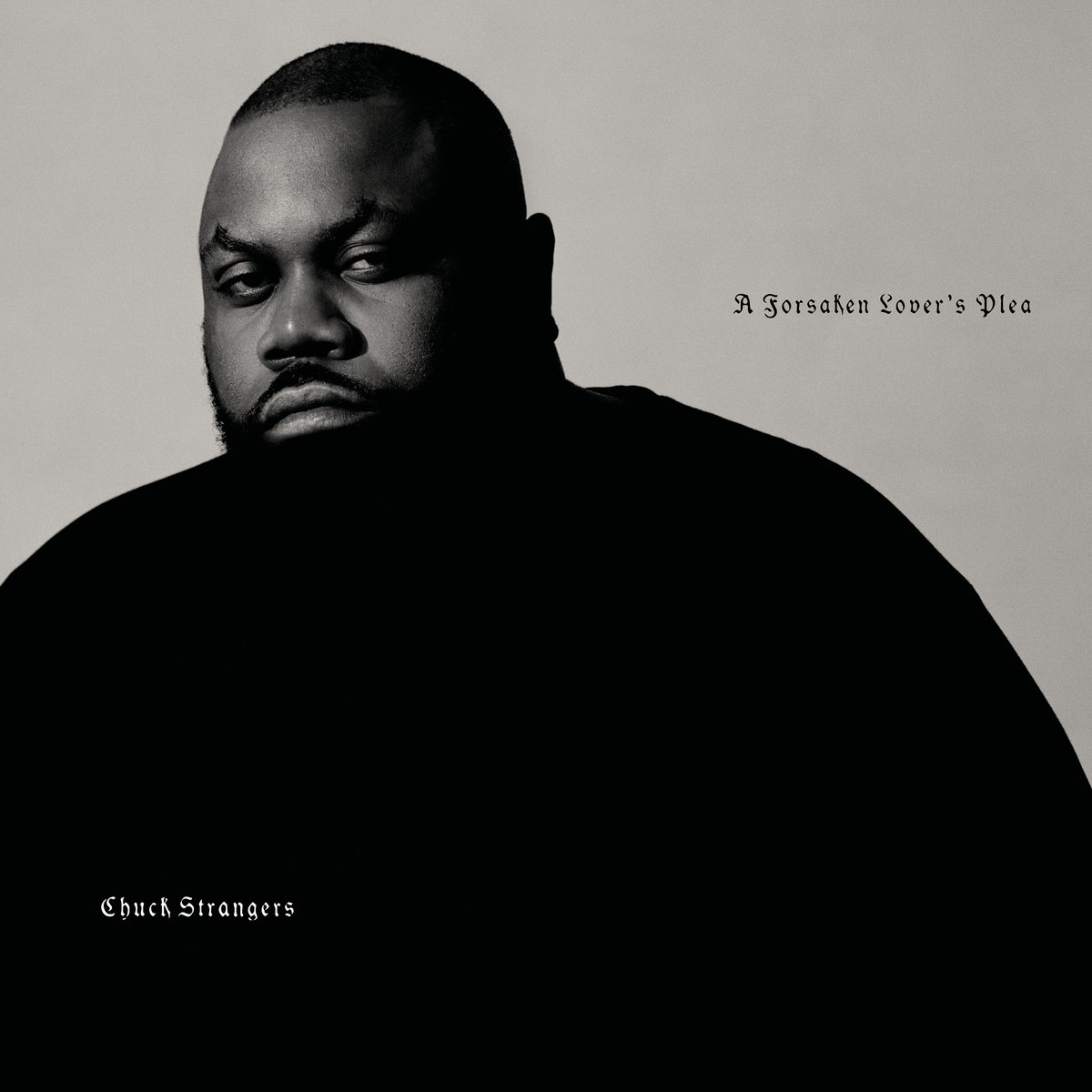
Chuck Strangers – A Forsaken Lover’s Plea
Lex Records
Chuck Strangers has been around, but he’s not usually the type to reach for the spotlight. When he emerged as a member of Pro Era, he was a guy producing tracks on Joey Bada$$ albums and occasionally rapping alongside him, but over time he became a force of his own. Like Joey, he’s long been a boom bap revivalist, but on his new album A Forsaken Lover’s Plea, he reminds me more of another one of his collaborators, Ka. Like his hometown Brooklyn hero often does, Chuck fills this album with eerie, minimal soundscapes and a quietly commanding lyrical style. Sometimes it sounds like the ’90s, other times it sounds like the future. As a producer himself, Chuck handles a handful of his own beats (the psychedelic acoustic guitar loop of “Sunset Park” is a highlight), and he also brings in The Alchemist, Animoss, and more, and Joey Bada$$, Flatbush Zombies’ Erick the Architect, and Remy Banks all provide guest verses. [A.S.]
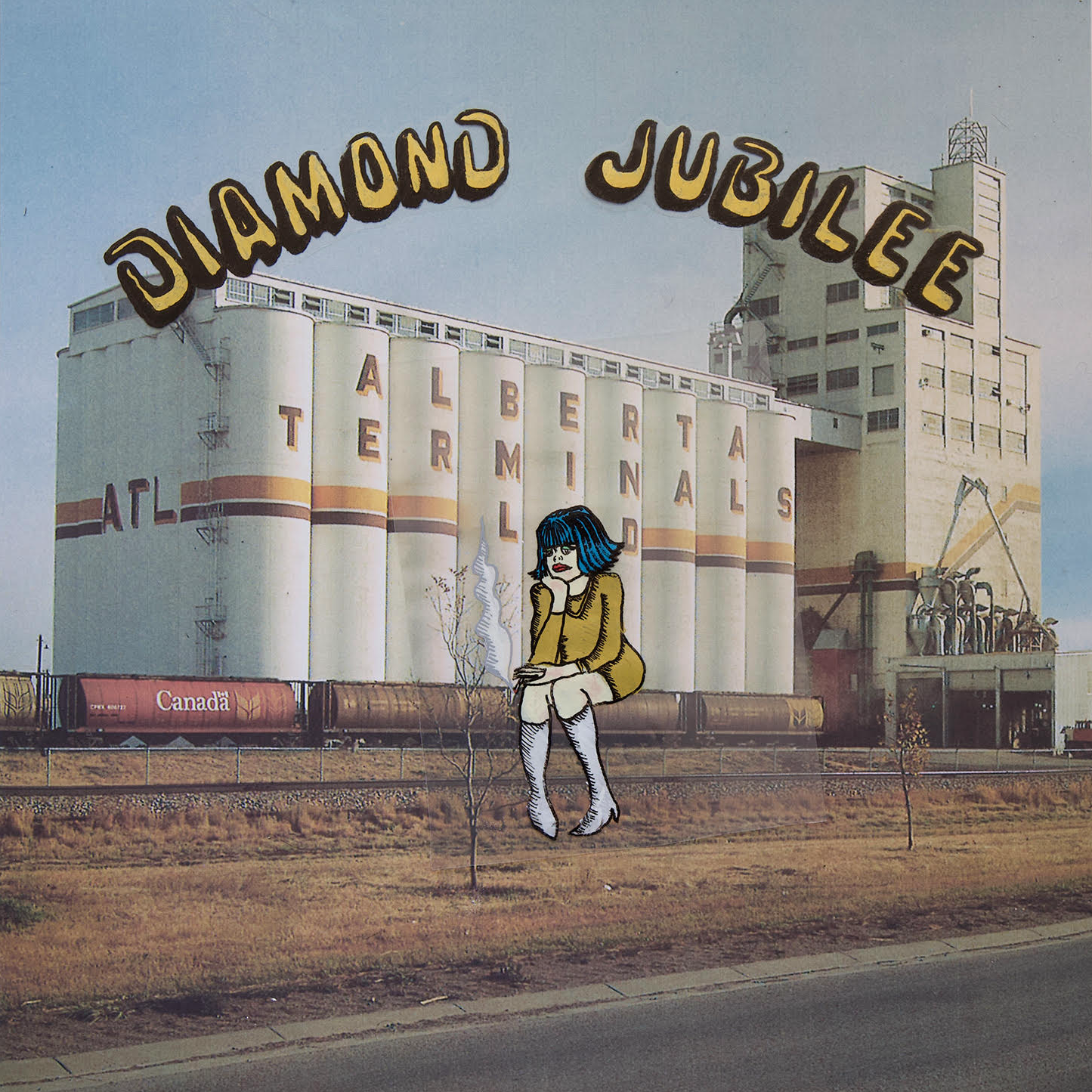
Cindy Lee – Diamond Jubilee
Realistik
Patrick Flegel hasn’t released a Cindy Lee album since 2020 (when they released three albums) but has clearly been busy. Diamond Jubilee is a two-hour and two-minute magnum opus that encompasses a wide variety of styles that showcase Flegel’s many talents as a songwriter, musician and producer. It’s a lot to take in. The album was originally announced as triple album Darling of the Diskoteque to be sold on tour, but then last weekend dropped as a pay-what-you-can download on Cindy Lee’s geocities site, renamed and resequenced as a theoretical double CD (wav files). I’m really only beginning to digest everything, but am also very wowed by it all. While still very much in the Cindy Lee lo-fi dreamworld of early-’60s pop, country and rock n’ roll, there are less weird-for-weird’s-sake sonic tapestries and instead a parade of memorable song after memorable song.
Lyrically these are mostly straightforward tales of longing, love and heartbreak — “Dreams of You,” “All I Want is You,” and “Always Dreaming” all come within a few tracks of each other on the first disc — which fit perfectly with Flegel’s love of Everly Brothers and Phil Spector productions. Though there are plenty of what I call “Lady in the Radiator” moments, Flegel is not singing all high falsetto this time, and the variety makes Diamond Jubilee a richer, more listenable experience and the daunting runtime sail by. It’s also the most guitar-oriented Cindy Lee album yet, and a real showcase for Flegel’s skills in that department; there are moments with gorgeous filigree throughout that are not that far from what you might hear on a Khruangbin album, just used to very different ends. Diamond Jubilee is a world that is easy to give yourself over to, despite length, and is peppered with amazing moments even very deep into its 32 songs, like the elegiac, stunning “What’s it Going to Take?” I have a feeling more sonic revelations will present themselves as this incredible record stays in my rotation throughout the foreseeable future. [B.P.]
[embedded content]

Ducks Ltd. – Harm’s Way
Carpark
No other artist is currently doing more for the cause of janglepop than Toronto duo Ducks Ltd. Evan Lewis and Tom Mcgreevy have majored and minored in the genre, and are well-versed in classics from around the world — from Dunedin to Glasgow, Hoboken and beyond — and have used that knowledge to craft their own undeniable earworms. Harm’s Way doesn’t really mess with the formula of their 2021 album, Modern Fiction, but it’s improved upon in every way.
McGreevy says it was their time on the road with Nation of Language, Archers of Loaf and Illuminati Hotties that made the biggest difference between this and their debut. “When we got signed, we had played maybe five or six shows ever. After last year, it’s in the hundreds. That experience can change your perception of your own music and songwriting. In the past when we got stuck on a song we had a tendency to look at our favorite records to see how they tackled it. But now, instead of asking ‘what would Orange Juice do?’, we’d ask, ‘what would we do?”
On Harm’s Way, the songs are better, the production shimmers more brightly, and the arrangements are more ambitious (piano, strings), with assists from Ratboys‘ Julia Steiner and Marcus Nuccio, Dehd‘s Jason Bala, Finom’s Macie Stewart and more. Most notably, they’ve added real drums to augment their arsenal of drum machines and that adds real punch to these breathless, pop nuggets, and ups their replayability. Effortlessly tuneful songs like “Hollowed Out,” “The Main Thing” and “Deleted Scenes” (there’s not a bum track here) may invite comparisons to The Go-Betweens, The Wedding Present, The Verlaines, and others, but they also hold their own against them. [B.P.]
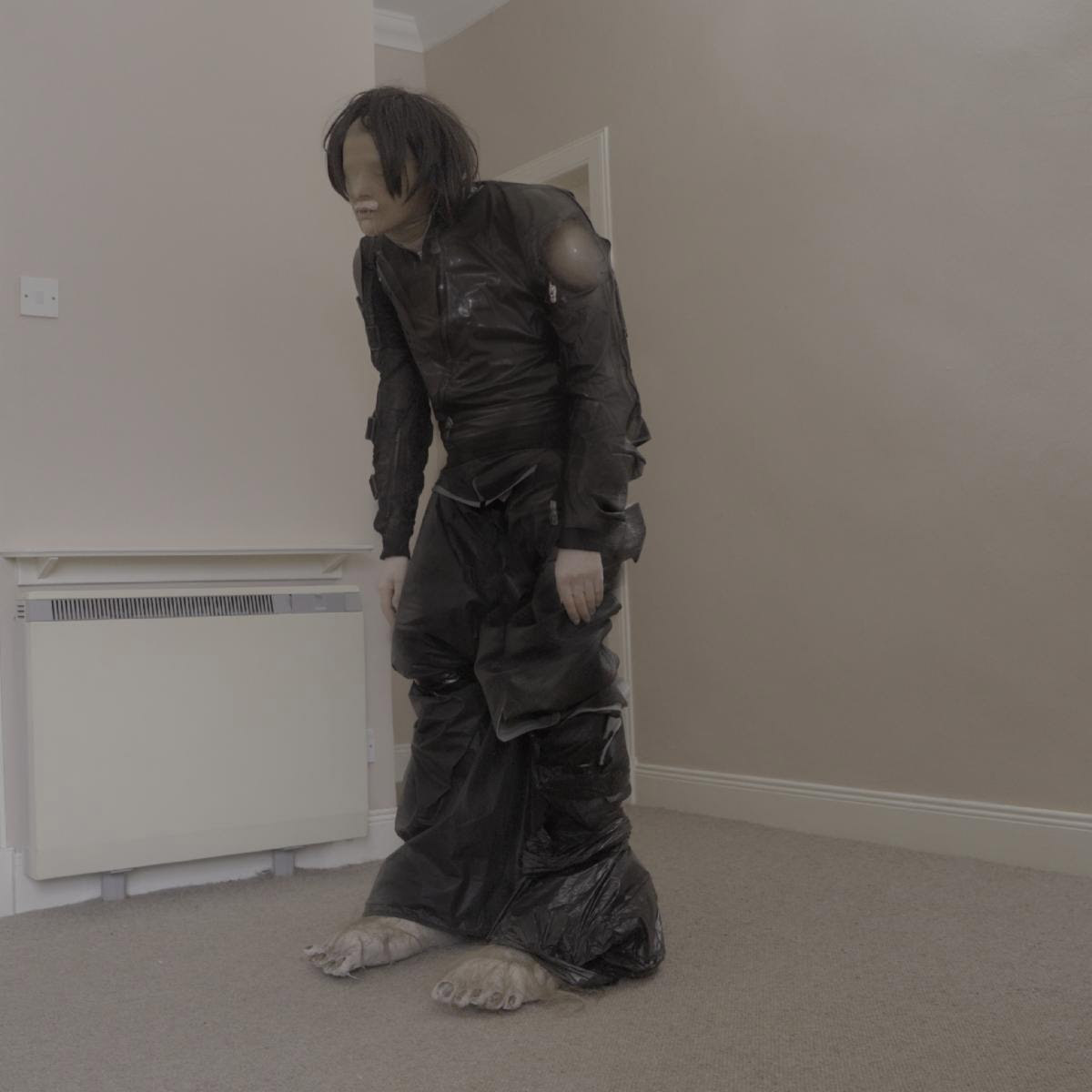
El Perro del Mar – Big Anonymous
City Slang
A cloud of sadness has always hung over Sarah Assbring’s music as El Perro del Mar. She’s got one of those voices that just drips of sorrow, whether she’s making delicate folk (her 2006 self-titled debut) or balearic dancepop (2012’s Pale Fire). On her first album in eight years, the music particularly matches her voice with glacial synthesizer washes, extra-low and disquieting bass, wistfully tinkling piano, slow, syncopated rhythms and lots of atmosphere. Having lost a few close friends and family members in the last few years, death is a companion here but these songs — originally written for a ballet — never wallow, but Big Anonymous is haunted to the core. [B.P.]

Eliza McLamb – Going Through It
Royal Mountain Records
Eliza McLamb makes her entry into the canon of confessional singer-songwriters with her debut album. Citing Sufjan Stevens’ spare and deeply personal chronicle of the loss of his mother, 2015’s Carrie & Lowell, as a major influence, McLamb (who is also a podcaster and Substack writer) grapples here with the fallout of her mother’s destructive Bipolar I disorder, as well as dysfunctional relationships and eating disorders. She weaves hyperspecific details from her life into the narrative to make the songs really come alive, approaching heavy topics with insight and sensitivity, but also humor (“Modern Woman” finds her “buying clothes on instagram and standing in front of my fridge eating deli ham” in a grimly funny portrait of 2pm ennui). In that she’s well-matched with producer Sarah Tudzin (aka illuminati hotties), who helped McLamb cultivate a palette of hooky indie rock for the album. At its emotional core is the harrowing “16,” a clear standout, where her voice builds from a whisper to a scream over a distorted lullaby of twinkly, muted electronics. Like her Substack, Going Through It is a compelling look at the perils of navigating young womanhood that’s hard to look away from. [A.H.]
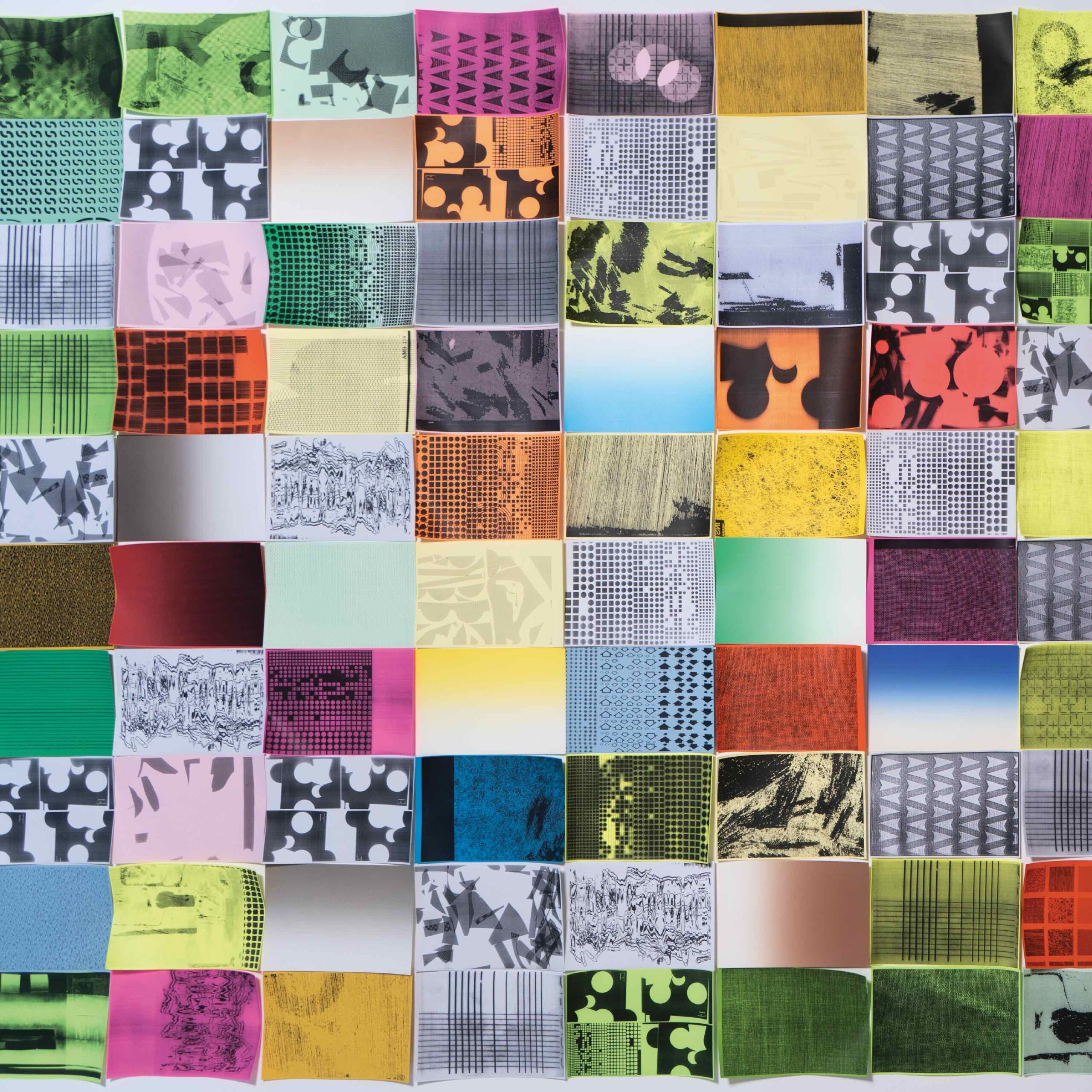
Four Tet – Three
Text Records
Kieran Hebden has been doing it so long and so well as Four Tet, having carved out a distinctive sound from the jump, that it’s easy to take him for granted. But what makes Four Tet records so consistently great is that whatever he does, whether it’s albums on his own or collaborations with Thom Yorke or Skrillex, everything seems to stem from personal curiosity. He makes music for himself and remains at the top of his game on Three, his 12th Four Tet album and first in four years. Hebden is still working with the same threads he always has — downtempo beats, jazz, folk, shoegaze, techno, house, dub — but the tapestries he weaves are always unique, beautiful and distinctly his own creations.
Three is a smorgasbord of what Four Tet does best, from downtempo mood pieces (“Loved,” “Storm Crystals”), to ethereal dance tracks (the techno-tinged, harp-laden “Daydream Repeat” and skipping “31 Bloom”), dalliances with dreampop (“Skater” owes a little to Cocteau Twins and The Durutti Column), and pure shimmering atmosphere (“Gliding Through Everything”). The album closes with “Three Drums,” Four Tet’s masterful single from last year that here ties the whole record together. Powered by a loping, 96 bpm beat, it’s an end-of-the-night send-off, eight minutes of bliss where majestic, airy synths crest, washing away the drums entirely, leaving a slow fade of warm ambience as the day breaks and you head home. [B.P.]
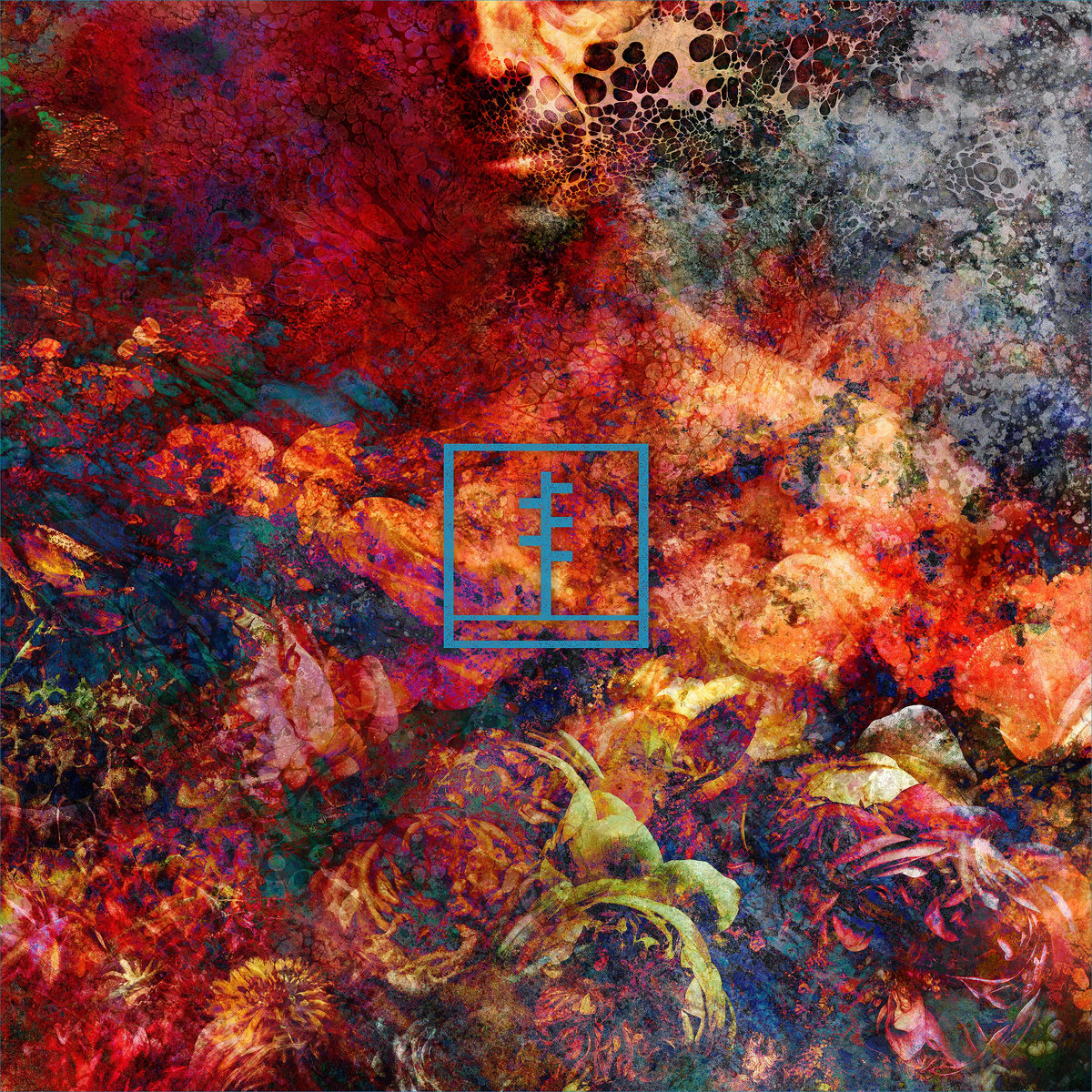
Frail Body – Artificial Bouquet
Deathwish
It’s been a long five years since Frail Body took the screamo world by storm with their back-to-back 2019 releases–their debut LP A Brief Memoriam and a four-way split with Infant Island, Massa Nera, and dianacrawls–during which time guitarist/vocalist Lowell Shaffer was also busy with Crowning, but now Frail Body are finally back with their sophomore album and it’s a very clear step up. Like Infant Island did on this year’s Obsidian Wreath, Frail Body are really leaning into the black metal side of screamo with Artificial Bouquet, and these songs are the heaviest, most beautiful, and most jaw-dropping this band has ever sounded. [A.S.]
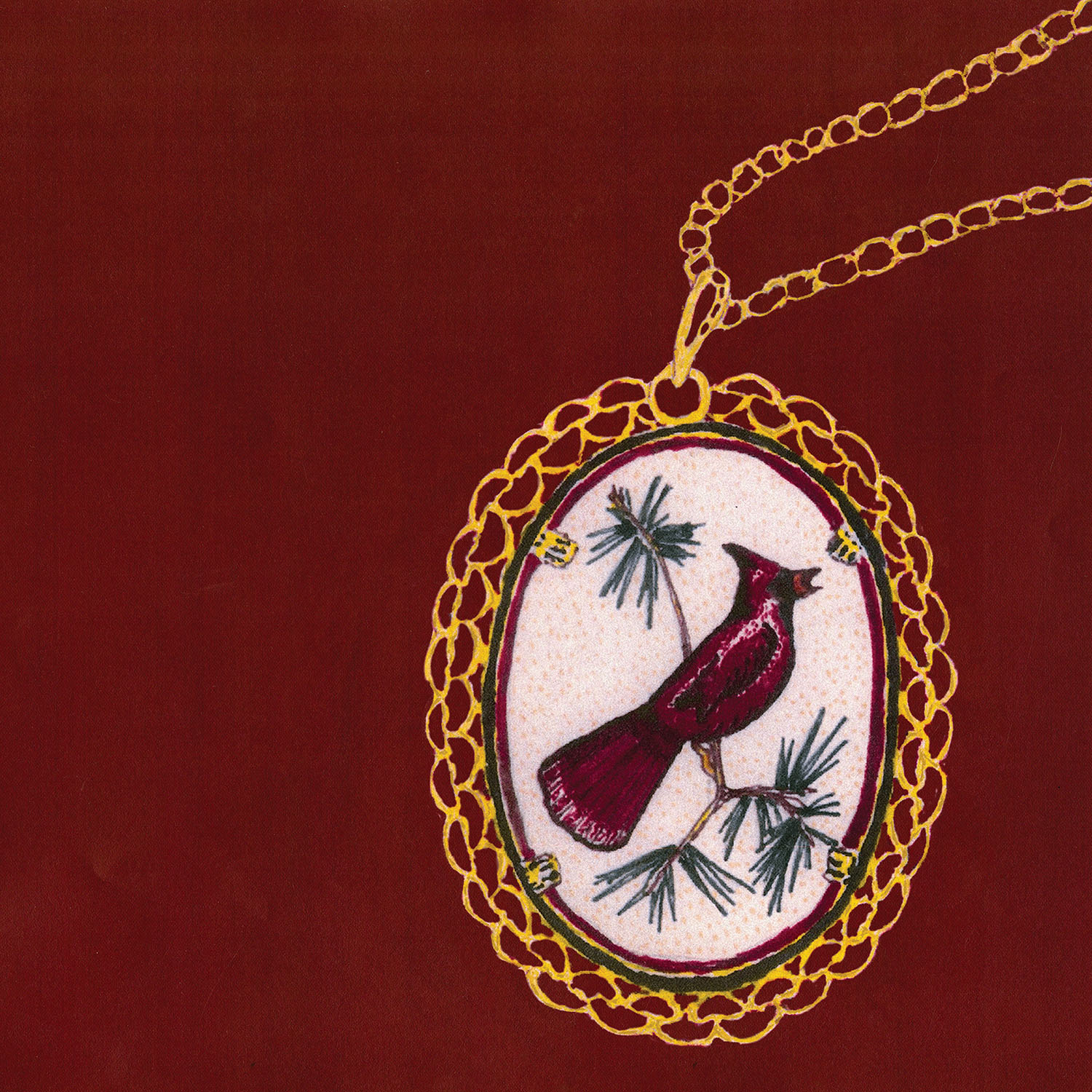
Friko – Where we’ve been, Where we go from here
ATO
Chicago band Friko were in the studio making a new EP with local engineer Scott Tallarida when the band brought a new song to the table, “Crimson To Chrome,” that stopped Tallarida in his tracks. Friko had already developed a knack for making soaringly catchy indie rock on their 2019 demos, but this song had a big, bold refrain that grabs you like nothing they’d released prior: “We’re either too old, too bold or stupid to move I guess we’re caught on the wrong side of the shoe again,” Niko Kapetan sings with a circular melody that would hook even the most uninterested bystander. Tallarida told the band, “This is where it’s at. We need to record this stuff instead,’” guitarist/vocalist Niko Kapetan recalled in an interview with Paste, so the band ended up abandoning the EP and getting to work on some newer material that showed them severely leveling up. (Niko says that the abandoned songs might become “a B-sides thing.”) They ended up finishing their nine-song debut album Where we’ve been, Where we go from here piece by piece–one of its songs, “Get Numb To It!,” is a re-recording of a song they released three years prior–and the finished product helped the band ink a deal with ATO Records.
Where we’ve been, Where we go from here is Friko’s debut album, but it’s hardly a beginning. They came up the Chicago DIY scene after forming in 2019, turned some heads with their 2022 EP Whenever Forever, and have been a consistent touring band ever since. They’ve been honing their sound and their live show and really building towards what feels like an explosive moment. Their energy, their artsy tendencies, and Niko’s shaky voice makes me think of mid 2000s indie bands like Bright Eyes and Wolf Parade (their list of influences behind this album also includes Modest Mouse, Yeah Yeah Yeahs, Mitski, The Beach Boys, The Microphones, Leonard Cohen, Lomelda, Philip Glass, Finom, and mewithoutYou), and they also remind me of that era because they sound like weirdo indie kids who are ambitious enough to take over the world. It’s decidedly out of step with current mainstream music but catchy and undeniable enough to infiltrate mainstream music, just like Modest Mouse and the Yeah Yeah Yeahs and Friko’s beloved Garden State soundtrack were two decades ago. Speaking as someone who seems to have grown up listening to a lot of the same bands as Friko, they make me very nostalgic, but they also sound new and fresh and exciting. Many of Friko’s forebears were praised for carrying the torches of David Bowie and David Byrne, and now they’re doing the same for people like Isaac Brock and Spencer Krug. The circle of art rock life continues. [A.S.]
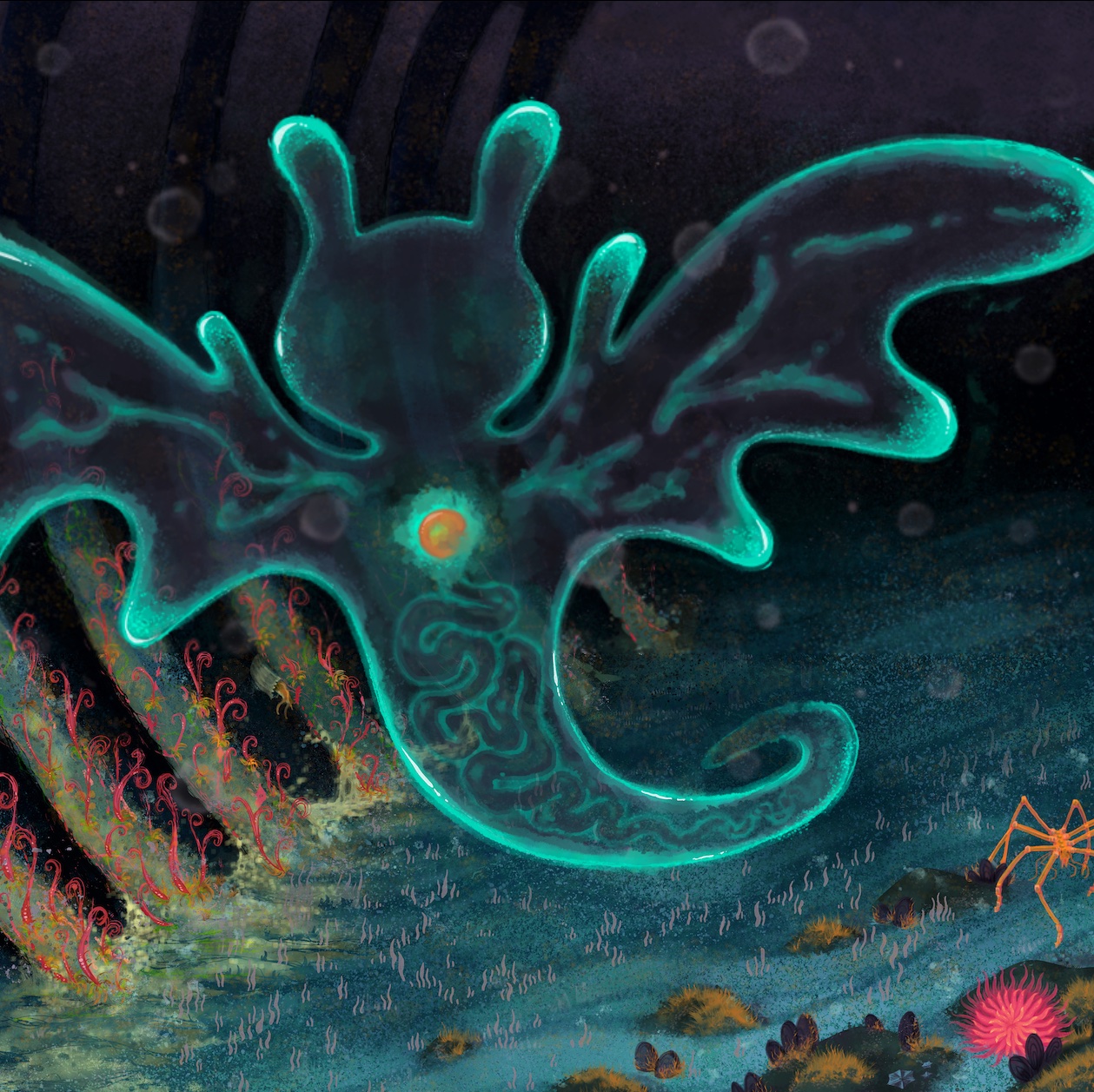
glass beach – plastic death
Run For Cover
Instant gratification is overrated, and I’d imagine the members of glass beach agree. Even with two great pre-release singles, there’s no easy entry point into plastic death, the band’s maximalist, immersive, hour-ish long sophomore album. At least in my experience, it takes multiple listens to even scratch the surface of what glass beach are doing throughout these 13 songs, and plastic death deserves the patience.
Since self-releasing their debut LP the first glass beach album nearly five years ago, glass beach stirred up word-of-mouth buzz, signed to Run For Cover, and continued to build more and more anticipation within certain underground music circles for this long-awaited followup. Those circles have generally been emo and emo-adjacent ones, but it would be really limiting to talk about glass beach only as an emo band. Like their 2021 tourmates Home Is Where, they sound more like 2000s-ish weirdo indie rock than most people’s definition of emo, but in a way where you can tell they probably listen to pageninetynine or something like that too–there are riffs and screams on this album that could only come from post-hardcore and screamo. So it’s not not emo, but plastic death makes me think of zany, overly ambitious mid 2000s bands like The Most Serene Republic more than anything else. Like that band and their peers, glass beach treat pop music and experimental music as equals, not opposing forces. It’s a thrill when such deeply disorienting music also sounds this beautiful. [A.S.]
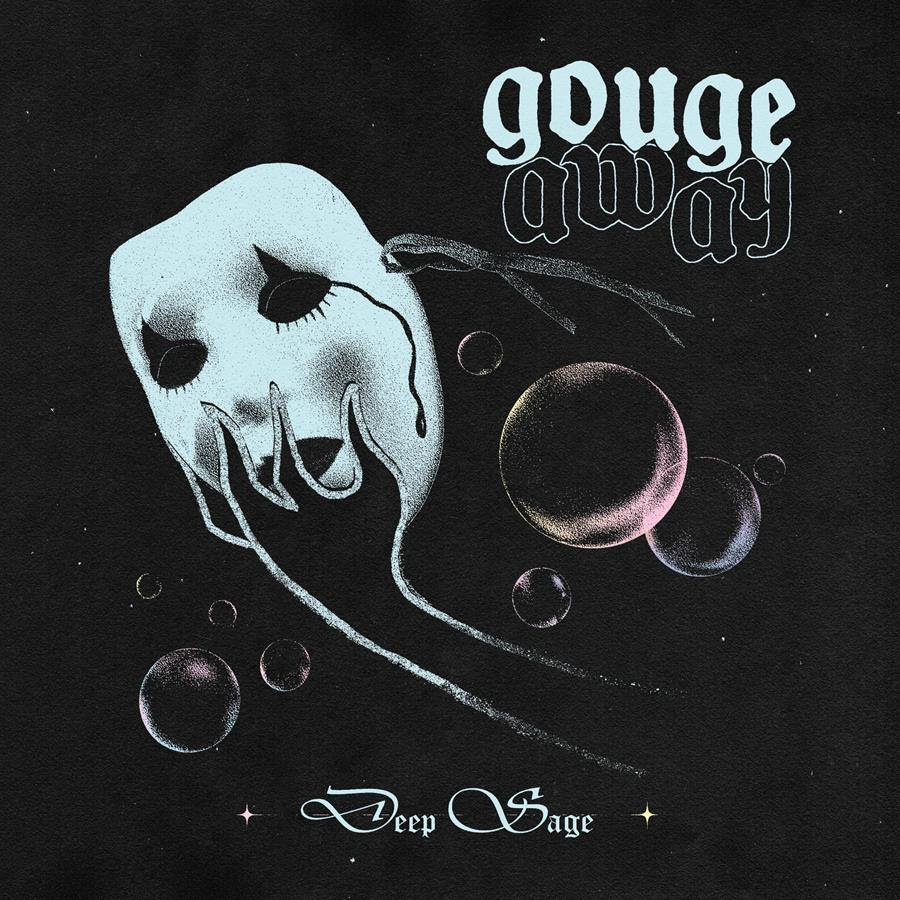
Gouge Away – Deep Sage
Deathwish Inc
Deep Sage is Gouge Away’s best album yet, and it almost didn’t happen. As they were demoing the followup to 2018’s Burnt Sugar, COVID lockdown hit and the band was forced into hiatus. The band wasn’t sure what would end up becoming of the material they’d been working on, but they finally regrouped and started writing again at the literal tail-end of 2021 (on New Year’s Eve), and then they made a surprise return to play two songs in the middle of a Militarie Gun set in Portland just over a year later. The energy from that show convinced them to finish the record, and now their masterful, wide-ranging third LP is here.
The 11 songs on Deep Sage seamlessly weave between abrasive hardcore rage, catchy anthemic choruses, indie rock melodicism, grungy dream pop, and the sprawl of post-hardcore and Sonic Youth-y noise rock, and every song sounds like a crucial part of one complete whole. The four pre-release singles successfully showed off the album’s range, but it’s less about the musical variety itself and more about the way everything comes together when you listen to Deep Sage in its entirety. It’s a journey through hardcore-informed, ambitious guitar rock that scratches so many different itches at once. The band’s knack for genre-defying experimentation was already clear on Burnt Sugar, but they really tie it all together on Deep Sage in a way they never have before. It’s an album to bounce around and shout along to as much as it’s an album to sit back and lose yourself in; an album with purely infectious moments as well as moments that might provoke or challenge. There’s darkness in both the music and Christina Michelle’s lyrics, and Gouge Away navigate darkness and contradictions and mood shifts in a way that’s an absolute joy to listen to. [A.S.]
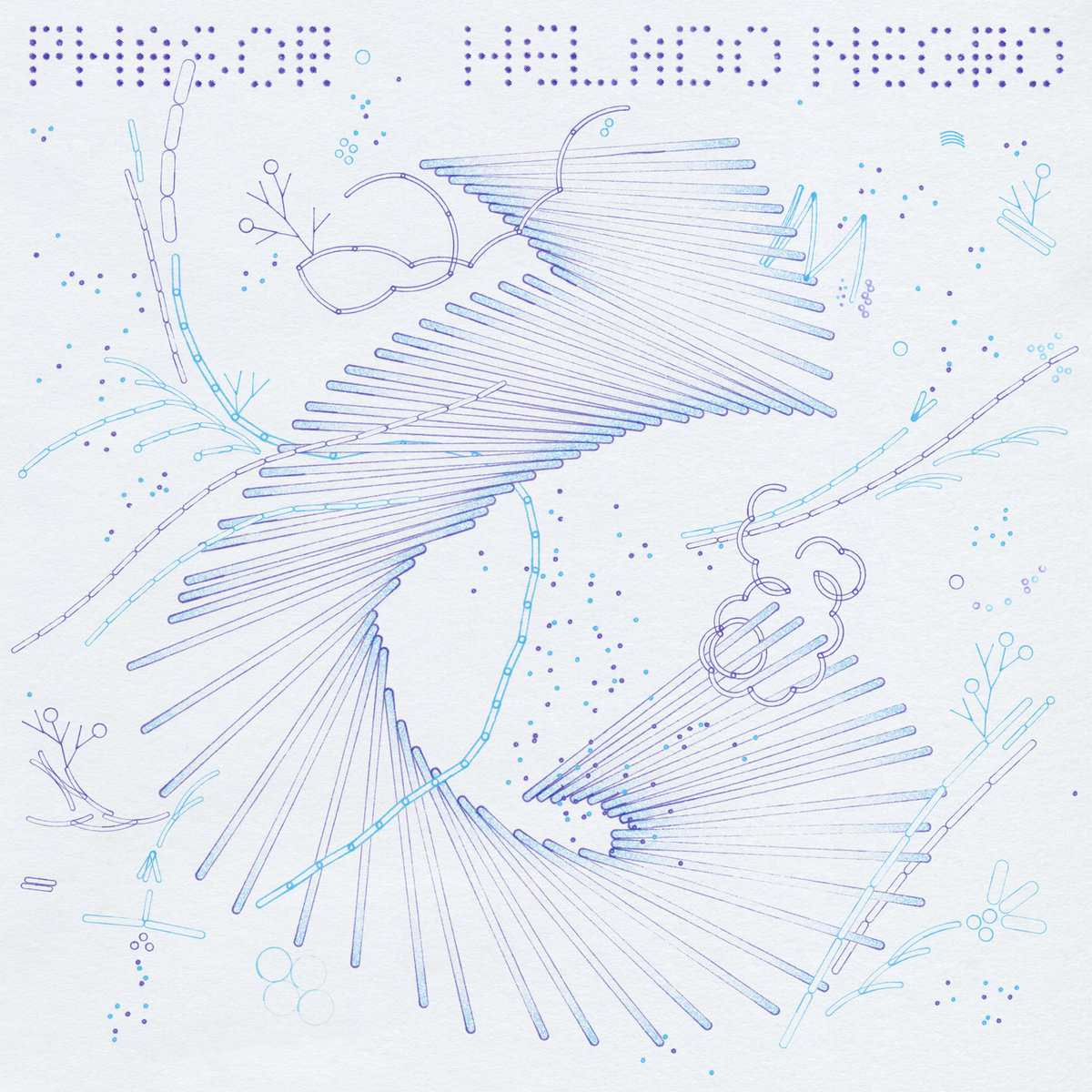
Helado Negro – PHASOR
4AD
Roberto Carlos Lang’s latest as Helado Negro was partially inspired by getting to visit Salvatore Matirano’s SAL-MAR synthesizer at the University of Illinois. “I was enthralled by it,” Lange says. “It’s like sailing; you set a destination but how you get there always changes.” This one of a kind “organic sound creation device,” as one of the synth’s caretakers puts it, is perfect for Helado Negro’s earthy, vibrant and highly empathetic universe. Underlining this, he also made it in his new home of Asheville, NC, a place known for rolling hills, abundant wildlife, and Moog synthesizers. PHASOR bubbles with life, nine gorgeous creations swimming in electronic primordial ooze but in a very organic way, floating alongside acoustic instruments and Lange’s warm, inviting, distinctive voice. It’s like a spaceship glimpsed from the forest floor, making diodes, patch-cords, and oscillators seem like wonders of nature. [B.P.]
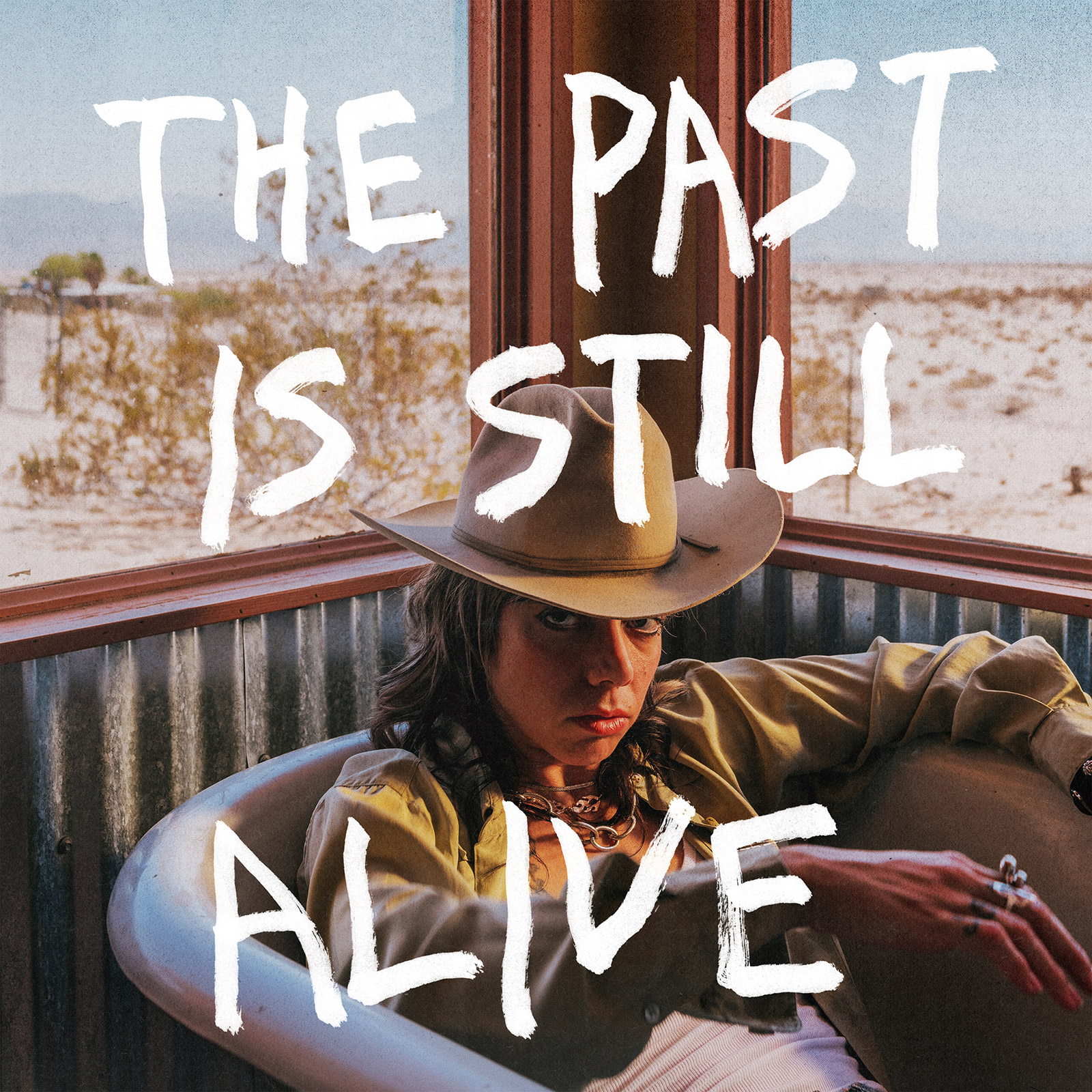
Hurray for the Riff Raff – The Past Is Still Alive
Nonesuch
Alynda Segarra has gone country, or more accurately, they’ve returned to it. Alynda’s earlier work as Hurray for the Riff Raff up through their 2014 breakthrough album Small Town Heroes was usually tagged as country or Americana, but they made some stylistic detours on 2017’s The Navigator and 2022’s Life On Earth. Alynda tells Lindsay Zoladz in a recent New York Times interview that they “felt unsafe being [themself] and being explicit in [their] ideas and beliefs” as a queer Puerto Rican person within Americana at that time, and often felt fetishized because of their identity. But Alynda adds that “Americana as a genre has grown a lot since then,” and the current country music climate does feel like a more open and inclusive one than that of a decade ago. At a time in which everyone from your favorite indie rock bands to Beyoncé are going country, it’s good timing for Hurray for the Riff Raff to return with an album that both embraces and challenges the form.
Their second consecutive album produced by Brad Cook (Waxahatchee, Bon Iver, etc), The Past Is Still Alive is fueled by rustic acoustics and pedal steel & fiddle-infused twang, and Alynda dons a cowboy hat on the cover, but this album is the opposite of blind patriotism. “Say goodbye to America/I wanna see it dissolve/I can be your poster boy for the great American fall,” they sing on “Colossus of Roads.” It’s an album that gestures at everything, from the fentanyl epidemic (“Snake Plant”) to violence against trans women (“Hawkmoon”) to open-ended yet firmly topical sentiments like “This year tried to kill us baby/Well good luck trying, you can’t catch me!” It might not be a fun time to be alive, but Alynda’s glad that they’re here to voice these things in songs at a time when that’s so necessary. “I used to think I was born into the wrong generation,” they sing on “Ogallala,” “But now I know I made it right on time to watch the world burn.”
Alynda works in plenty of personal stories with the big picture themes, and their melodies are almost surprisingly hook-oriented given how conversational and often-devastating their lyrics are. From the several hummable refrains to the showstopping Alynda Segarra/Conor Oberst harmonizing of “The World Is Dangerous,” The Past Is Still Alive contrasts the dark subject matter with warm, bright sounding songs. But even in its most pleasant moments, Alynda’s words jump out at you. If we’re going to watch the world burn, we may as well do it with this captivating soundtrack. [A.S.]

Infant Island – Obsidian Wreath
Secret Voice
Infant Island have been a little less prolific since putting out two releases during 2020 lockdown, the Beneath LP and the Sepulcher mini LP, and since the world opened back up, the band finally got to support those albums on tour as members put out music with their other projects. But as far back as 2020, they were already writing their next album, Obsidian Wreath, and now it’s finally here. It follows their contribution to Touché Amoré vocalist Jeremy Bolm’s 2023 screamo compilation Balladeers, Redefined, and it’s also their first for Jeremy’s label Secret Voice. And it was worth the wait–it might just be their very best album yet.
Produced by hometown screamo legend and past collaborator Matt Michel (of Majority Rule and Nø Man), it’s the band’s most seamless fusion of OG-style screamo and atmospheric black metal yet. Comparisons are still warranted to Majority Rule and other Virginia screamo pioneers like pageninetynine and City of Caterpillar, but it also sounds like if Deafheaven’s Sunbather was condensed into two-minute songs. And like that album, Obsidian Wreath sounds majestic; it perfectly walks that line between heavy and beautiful. Andrew Schwartz of fellow Virginia band .gif from god lends screams to the attention-grabbing album opener “Another Cycle” and “Clawing, Still”; the climactic gang vocals on “Veil” include members of Unearth, For Your Health, King Yosef, Senza, Malevich, Mikau, and more; and Infant Island really stretch their wings when Harper Boyhtari and Logan Gaval of past tourmates Greet Death add clean vocals to the shoegazy penultimate track “Kindling.” The whole thing just sounds massive and full of intention. It feels like it was built to stand out from the pack and that’s exactly what it does. [A.S.]
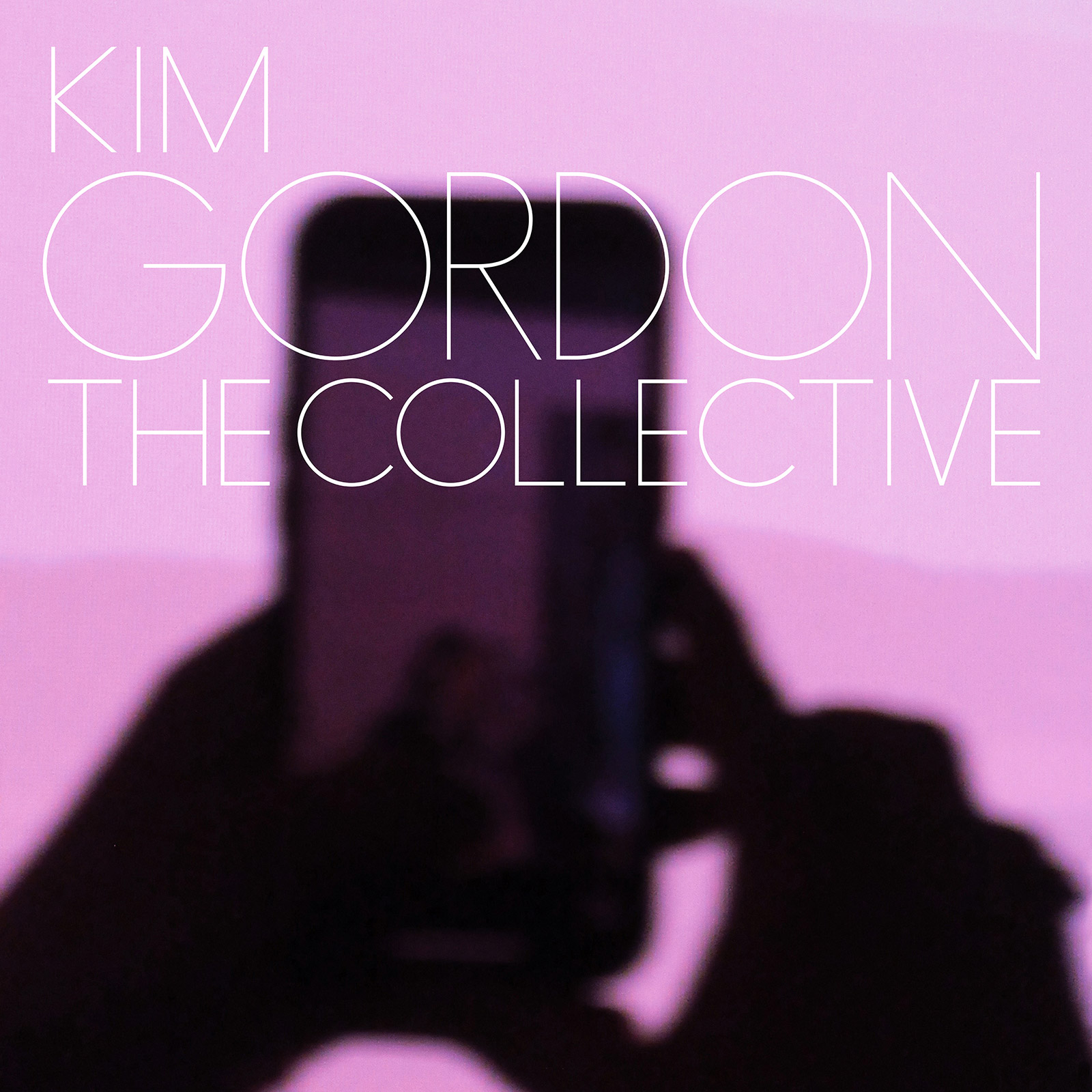
Kim Gordon – The Collective
Matador
34 years after Kim Gordon went head to head with Chuck D on Sonic Youth’s “Kool Thing,” she’s… kind of released her first rap record? That’s a little reductive, but the artist best known for guitar-fueled noise rock has leaned fully into trap beats and other hip hop-adjacent electronics, and there are times when Kim’s iconic spoken word delivery style veers closer than usual into rapping. It’s the most drastic sonic reinvention that Kim’s music has gone through in years, and it’s a thrilling development for an artist who’s always innovating and never playing by anyone else’s rules. It also totally works. It doesn’t sound like Kim Gordon is trying to make a Lil Yachty record to appeal to Gen Z; it sounds like a Kim Gordon record, with her trademark delivery and lyrical style fully intact, and a musical backdrop that pushes as many buttons in 2024 as Sonic Youth’s music pushed four decades earlier. [A.S.]

Mannequin Pussy – I Got Heaven
Epitaph
As the opening track, title track, and lead single of their fourth album, there was no better way to introduce this new era of Mannequin Pussy than “I Got Heaven.” It’s a punk rock battle march that finds Marisa Dabice shouting her way through rage and desire, and it culminates in a shiny, glossy chorus that sounds like it would fit on a late ’90s Garbage record. Obviously a song that wonders “what if Jesus himself ate my fucking snatch?” is making a statement, and this song very much does. It sets the stage for the rest of the album, which ranges from dream pop to hardcore punk with moods and thoughts and feelings that have just as much variety as the music itself.
Marisa has said that, if 2019’s Patience is a breakup record, then I Got Heaven is a record inspired by living with your loneliness and solitude and really getting to know yourself, and all the ups and downs and indecisiveness and contradictions that come along with that. From a couplet like “I want to be a danger/I want to be adored” to the collage of music genres, I Got Heaven pulls you in multiple different directions at once. Thanks in part to new guitarist Maxine Steen (who also plays with Marisa in the side project Rosie Thorne), the album has a greater use of electronics and it finds Mannequin Pussy living out their pop music dreams in a way that they only hinted at in the past on sweetly melodic songs like “I Don’t Know You” and “Sometimes.” But it also has some of the most intense hardcore songs they’ve ever written, like “OK? OK! OK? OK!,” “Of Her,” and the especially groovy “Aching.” It’s a record that refuses to be pinned down or stereotyped, and it’s refreshing in a world that too often wants to fit things into neatly organized boxes. There’s really nothing neat or organized about Mannequin Pussy; they’re a mess, and messes are way more interesting. [A.S.]
For much more on this album, read our Mannequin Pussy cover story from the first issue of the new, free BrooklynVegan digital magazine.

Marika Hackman – Big Sigh
Chrysalis
“Big Sigh” is not only the name of Marika Hackman’s wonderful fourth album, it’s also a pretty perfect two-word descriptor for it. There’s a haze of melancholy that infiltrates everything on the album, from the lyrics, to the melodies, arrangements and Marika’s breathy vocals which are probably the biggest sigh of them all. It also plays like a comedown from 2019’s Any Human Friend, an album that was fun, extremely sex-positive, and found Hackman very comfortable in her own skin. Big Sigh feels like a hangover, or at least waking up with a shock wondering “what have I done?” Strings swirl around her like 1000 doubts on tracks like “No Caffeine” where she tries to distract her way out of tailspin: “Take a day off work / Call your mum / Have a glass of wine / Stay away from fun / Pretend like you don’t care.” At first glance Big Sigh is most like her first, 2015’s We Slept at Last, windswept and atmospheric, but with the skill, confidence and nuance that comes with nine more years of life. Marika played every instrument on the album — apart from brass and strings — and clearly learned a lot making her previous records (including 2020’s Covers). You can hear echoes of her second and third albums’ sound here even if it’s employed in very different ways, including subtle electronics that bubble under many of the songs. For those missing the zesty, carnal delights of Any Human Friend, there is “Slime” — “Stranger I wanna rearrange you / Climb your spine and shake your mind / Slide back and feel your bones crack / So sublime, turn to slime” — but these two albums make for a satisfying meal, expertly pairing the bitter with the sweet. [B.P.]
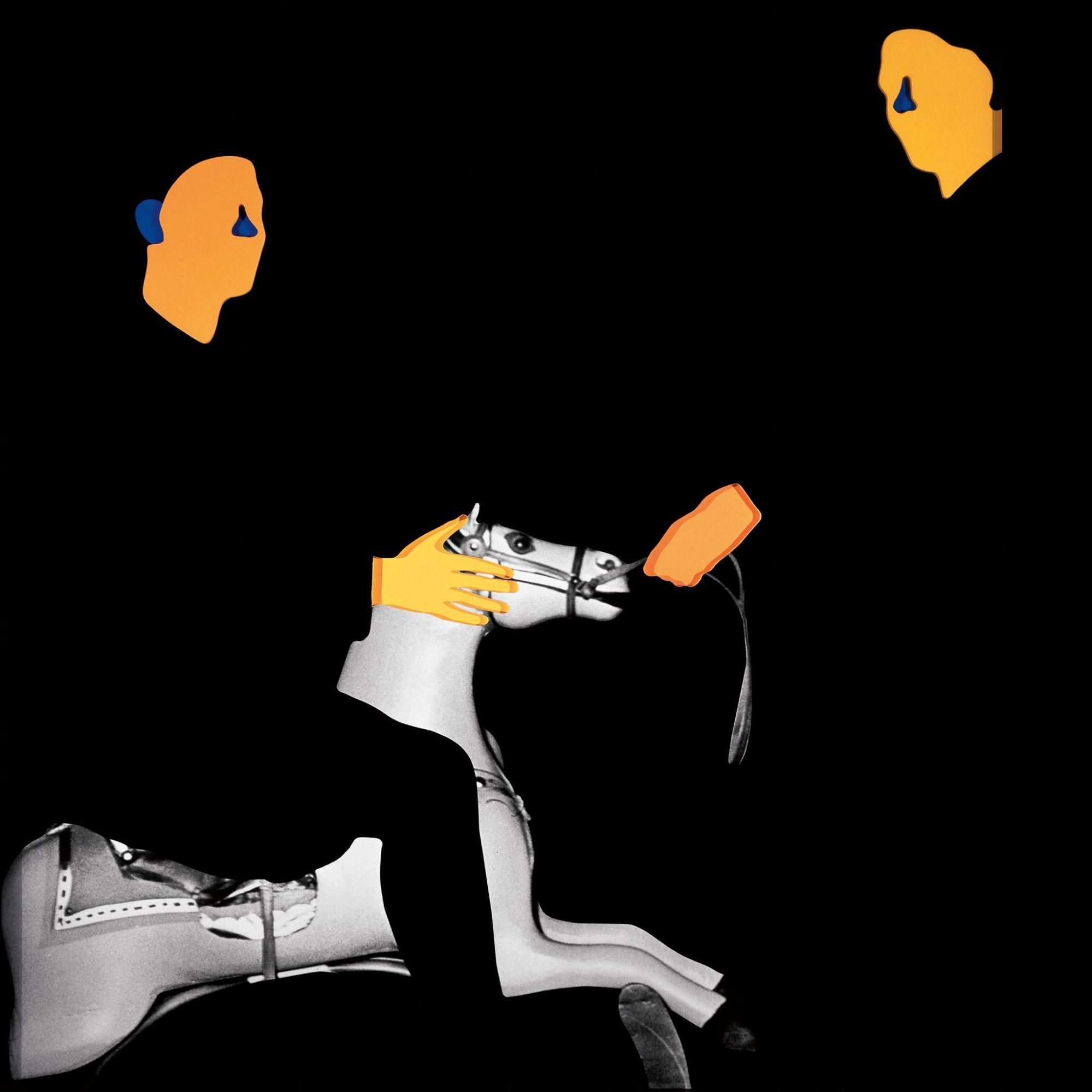
MGMT – Loss of Life
Mom + Pop
MGMT’s story continues to unfold as both unlikely and triumphant. If you had them pegged as flash-in-the-pan trendy hipsters on 2007’s Oracular Spectacular, its weirder, trippier 2010 followup Congratulations proved you wrong. Their largely misunderstood sophomore album became not a detour but the starting point for the version of MGMT that followed, and its initially small-but-loud group of cheerleaders has grown and grown in the years since. By the time of 2018’s Little Dark Age, it felt like the world was finally catching up to the band MGMT saw themselves as all along. Its title track blew up on TikTok, and as of February 2024, it’s been certified 2x Platinum, with more Spotify plays than “Time to Pretend” and almost as many as “Electric Feel,” making it their biggest song since their debut LP. Amidst the band’s second wind of success, they’ve also parted ways with their longtime major label Columbia, a label that miraculously let them release decidedly anti-commercial music for three albums straight. Though the duo have said they’re grateful for the freedom they were afforded at Columbia, they also say it’s “way more liberating” now that they have less people to answer to.
Ben Goldwasser and Andrew VanWyngarden made Loss of Life with the same team that they made Little Dark Age with–it was produced with former Chairlift member Patrick Wimberly and longtime collaborator Dave Fridmann, the latter of whom also mixed–and for the first time in MGMT’s career, they’ve made an album that feels like it continues down the same path as its predecessor. Congratulations felt reactionary to the band’s fame, their 2013 self-titled album sounded like it aimed to even further alienate, and Little Dark Age struck a balance between the band’s varying extremes and felt like something that fans of both “Electric Feel” and “Flash Delirium” could agree on. It was a new sweet spot for this band, and Loss of Life further explores similar territory without MGMT repeating themselves. It still has some futuristic production elements but it’s less heavily electronic than Little Dark Age, honing in more on the band’s breezy, woozy, Zombies-meets-T. Rex side. It kind of feels like an album-length comedown to Little Dark Age the way Congratulations‘ closing title track felt for that album. Loss of Life and its predecessor sound like two sides of the same coin.
Loss of Life has MGMT’s first-ever guest appearance–a duet with Christine and the Queens called “Dancing In Babylon”–and other famous friends show up too. To name a few of them, Oneohtrix Point Never contributed production and electronics to several songs, “Mother Nature” has co-production from Danger Mouse and guitar by Nels Cline, Sean Lennon played keys on “Bubblegum Dog,” and “Phradie’s Song” has electronics by Cibo Matto’s Yuka Honda and backing vocals by Luna’s Britta Philips. It’s an impressive cast of likeminded musicians who help MGMT craft a record that’s both explicitly psychedelic and explicitly easy-listening, bucking against the idea that those two forces can only exist in opposition. Like Little Dark Age, it’s instantly likable but also remains rewarding after repeated listens.
For a band that’s always sounded like they were looking for something new, Loss of Life has MGMT sounding like they’ve found something, and that’s exciting too. Maybe their next record will bring yet another unexpected left turn, but for now, they’ve landed at a good destination and they’d like to spend a little more time there. [A.S.]
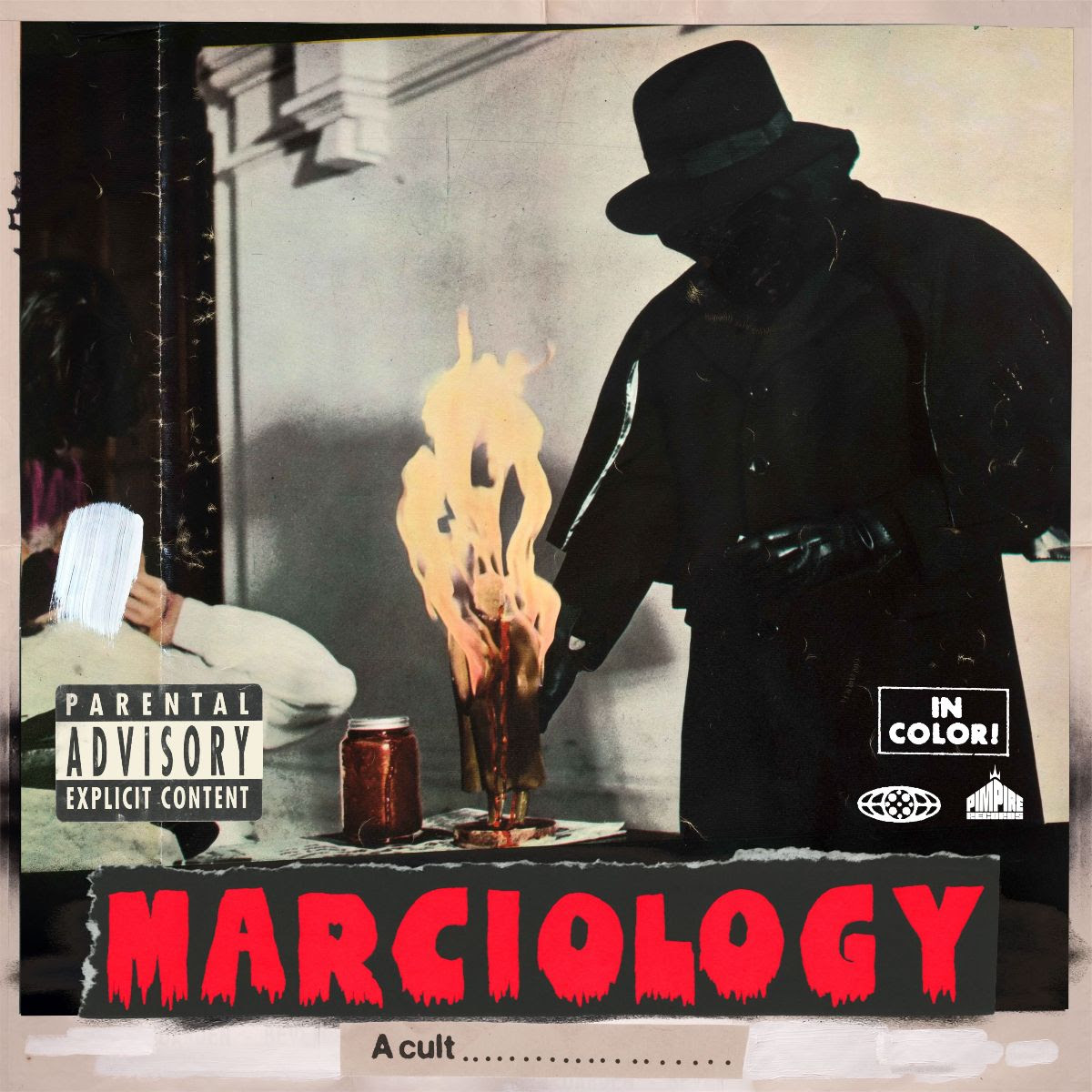
Roc Marciano – Marciology
Pimpire/Marci Enterprises
There’s something to be said for possessing the type of consistency that Roc Marciano does. You know a new Roc Marciano album is gonna mean a hefty helping of eerie boom bap production and sinister bars that sound straight out of mid ’90s New York City, but just because the style is predictable doesn’t mean the songs won’t surprise you. Over beats from Alchemist, Animoss, Roc Marciano himself, and more, Marci leaves you hanging on every word of Marciology, with punchlines that knock you out on first listen and continue to endure with repeated ones. He gets help from fellow ’90s devotees Flee Lord, Larry June, Jay Worthy, CRIMEAPPLE, Knowledge the Pirate, T.F., and GREA8GAWD, who all sound great here, and probably all of whom have Roc Marciano to thank for keeping this style of rap alive before its recent widespread revival kicked in. At this point, Roc Marciano is just about as much a veteran as Mobb Deep and Nas were when Roc was first starting to break through, and he still raps like he’s trying to win you over. He still makes every syllable count. [A.S.]

Rosali – Bite Down
Merge
Rosali Middleman’s 2021 album No Medium is one of those great albums that kinda crept up on us–it was more of a slow-burning rise than an Event Album–but she’s since signed to Merge, built up a lot of anticipation for new music, and her new album Bite Down does already kind of feel like an event. Rosali made it with the same band that she made No Medium with, David Nance and Mowed Sound (who also released their own new album last month), and though they didn’t know each other very well when they made No Medium, they’ve since become super close, and it sounds like Bite Down was more collaborative from the start than its predecessor. “When we went to make this record, I went in with the songs less developed than I normally would because I wanted it to be a band record,” Rosali told Steven Hyden.
Rosali and David Nance have a shared love of Neil Young, and Bite Down‘s mix of intimate folk music and electrified jams has already gotten its fair share of Crazy Horse comparisons, while Rosali’s warm, soaring voice has echoes of Fairport Convention’s Sandy Denny (and, on “My Kind,” sounds a little like Stevie Nicks). With comparisons like those, it probably comes as no surprise that Bite Down sounds like something that could’ve come out circa 1967-1973, and it has the same transportive quality that the best folk rock albums from that era did. It doesn’t take you back in time so much as it takes you to another world entirely. [A.S.]
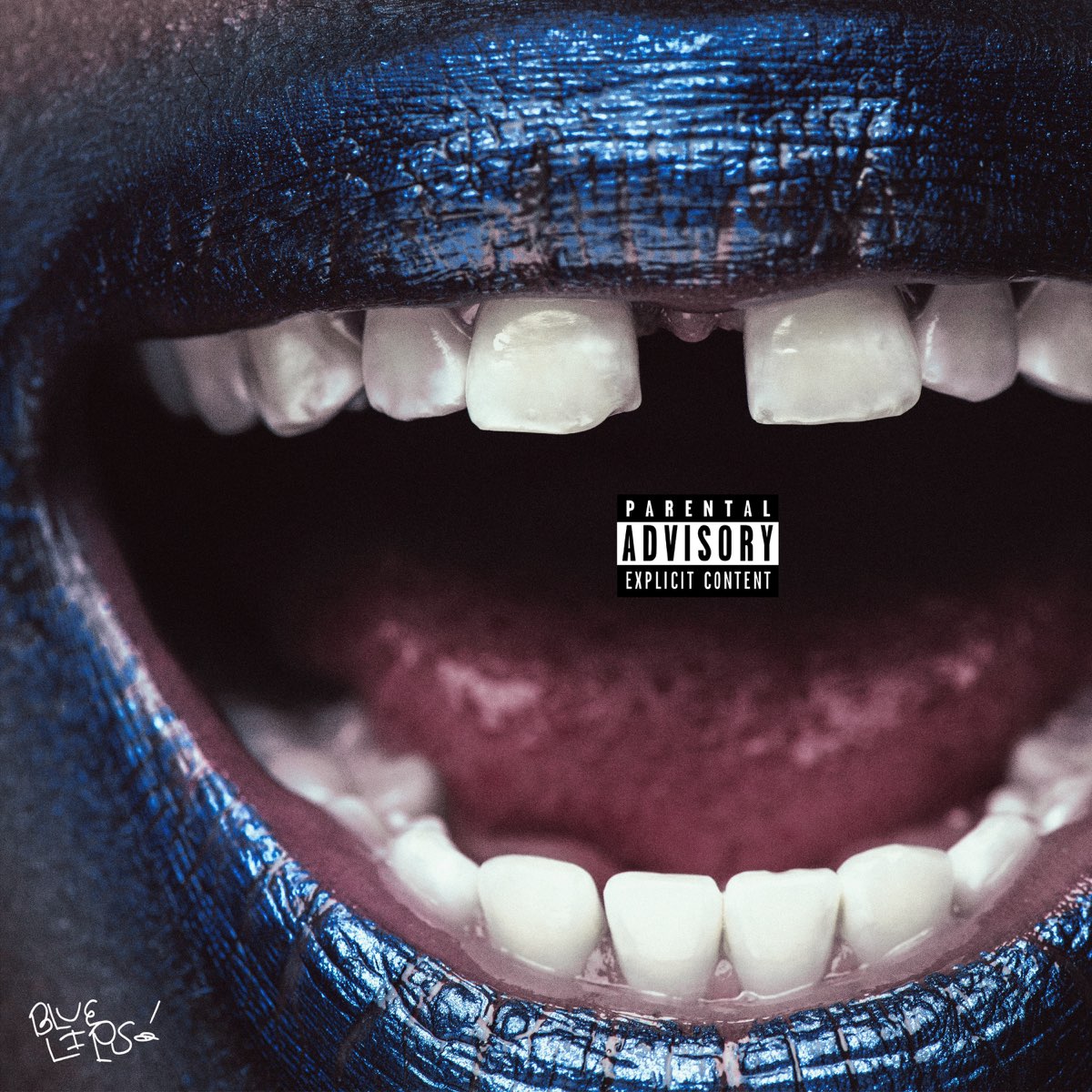
ScHoolboy Q – Blue Lips
TDE/Interscope
I like ScHoolboy Q’s 2019 album CrasH Talk, but it felt like he was coasting a little, playing it a little bit safe. It’s good news then, that its followup Blue Lips is one of the most delightfully weird albums that Q has released yet. Across 18 songs, Q covers everything from distorted punk-rap to industrial electronics to jazzy psychedelia to smooth soul to throwback boom bap to modern trap. He sounds totally re-energized, ready to yell about whatever on one song and tone things down and get pensive on the next. Freddie Gibbs, Rico Nasty, and longtime Black Hippy compatriot Ab-Soul are among the guests, and all three of them deliver standout verses. Q’s felt a little more elusive during the rollout for this album than he has in the past, and it makes sense. This one feels meant to get a little darker and weirder. [A.S.]
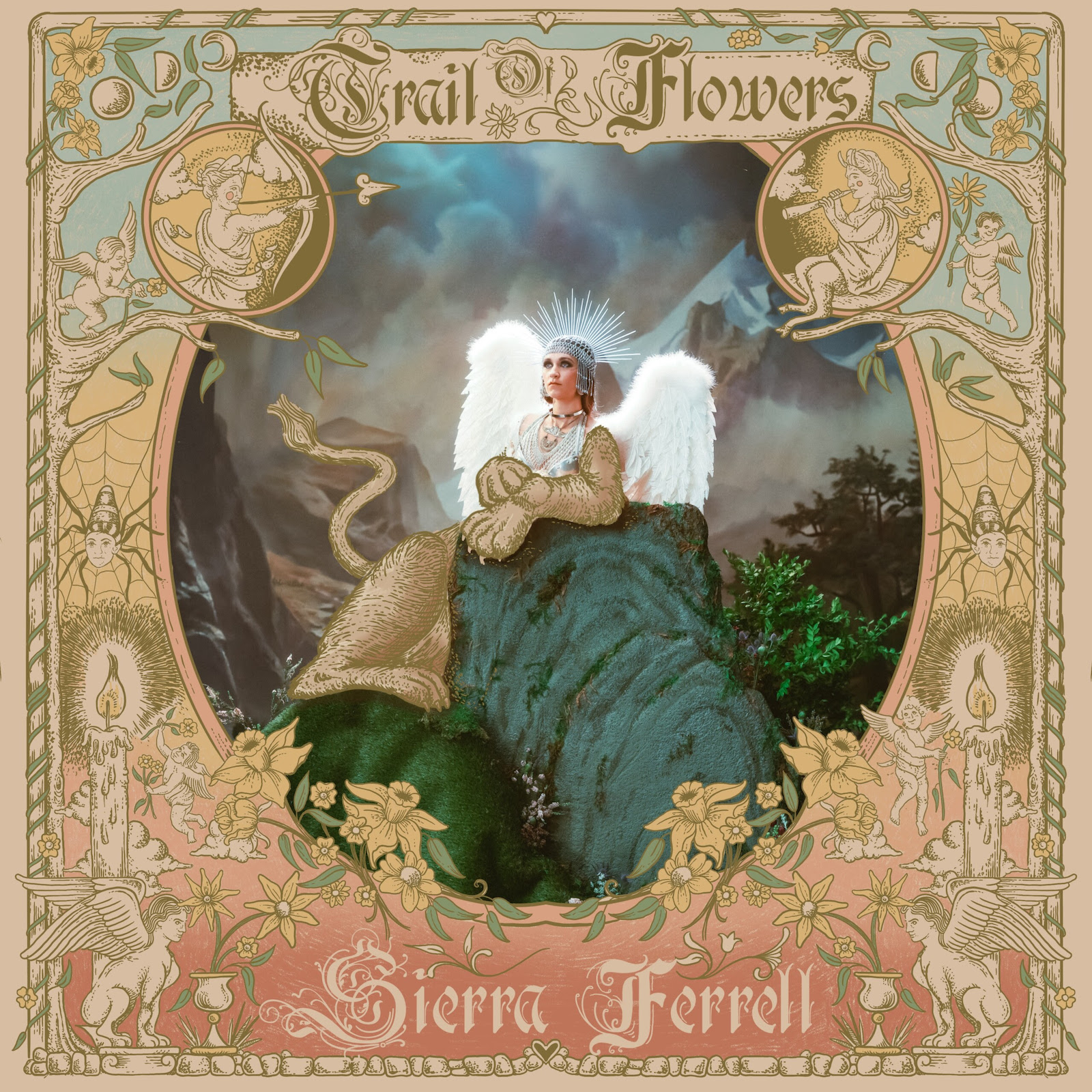
Sierra Ferrell – Trail of Flowers
Rounder
Sierra Ferrell’s last album, Long Time Coming (2021) felt transported into present-day from the pre-rock & roll era, with a take on traditional bluegrass and early jazz so convincingly retro that it could pass as a lost relic from nearly a century ago if not for the recording quality. But for its followup Trail of Flowers, Sierra is clearly setting things in a more modern environment, down to the album artwork and the accompanying photography. “I wanted to make a fuller sound with bigger drums, but still stay true to the stripped-down feel of old-time music whenever it felt right,” she says. “I wanted to create something that makes people feel nostalgic for the past, but excited about the future of music.”
With the 12 songs that make up Trail of Flowers, that’s exactly what she does. There are still retro moments, like the Fiddlin’ Arthur Smith-penned bluegrass standard “Chittlin’ Cookin’ Time in Cheatham County” and various elements of Sierra’s own songwriting and arrangements, but Trail of Flowers largely feels timeless. Her lyrics are filled with widely relatable themes–love, heartbreak, the American Dream–and she rarely if ever relies on clichés. Her melodies are satisfying, and her stylistic choices pull from country, folk, bluegrass, and rock in a way that would fit as well next to Emmylou Harris in the mid ’70s as it will opening for both Zach Bryan and Mitski this summer. Trail of Flowers has that perfect, enduring mix of a warm, modest, organic exterior, and songwriting that really pops. [A.S.]
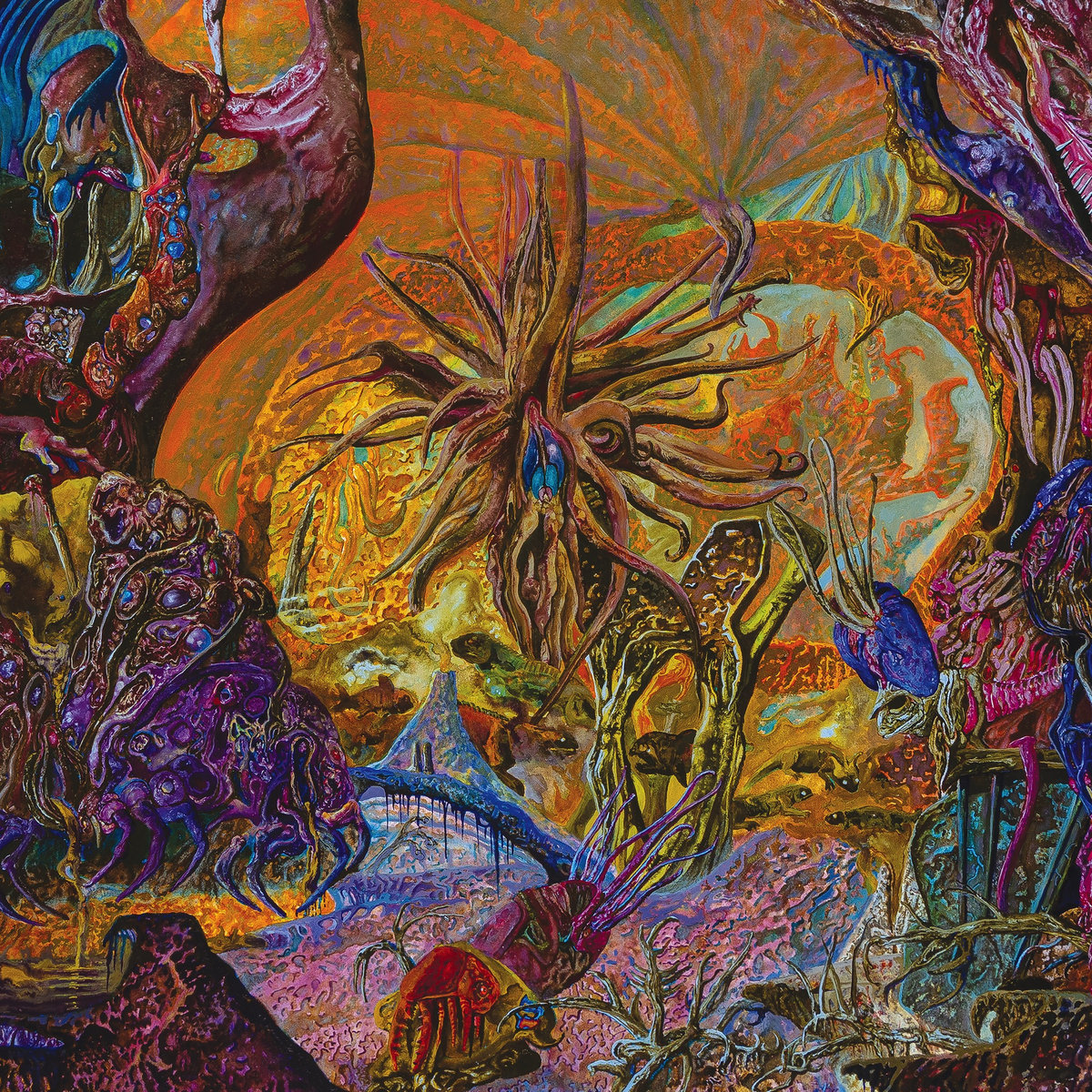
Slimelord – Chytridiomycosis
20 Buck Spin
One of our favorite death metal albums of the year so far is the riff-filled, soul-permeating debut full length from Leeds, UK five-piece Slimelord (whose skilled members also make up 3/4 of Cryptic Shift). Out on the always reliable 20 Buck Spin, and mixed & mastered by Horrendous’ Damian Herring, it’s a 47-minute crushing, atmospheric death doom journey full of dark twists and turns that still feel fresh after countless recent listens, despite being so dirty. The amphibian-themed psychedelic and occasionally headbanging album includes chants (moments remind me of Type O Negative) and field recordings that help suck you into the depths of the swamp on a supernatural journey to try and save the world from rapidly spreading “Chytridiomycosis” (a rapidly-spreading infectious disease that affects frogs and other amphibians), or something like that. The colorful cover art comes courtesy of Brad Moore whose work you might recognize from like-minded filth by Gatecreeper, Worm, and Tomb Mold. [Dave]
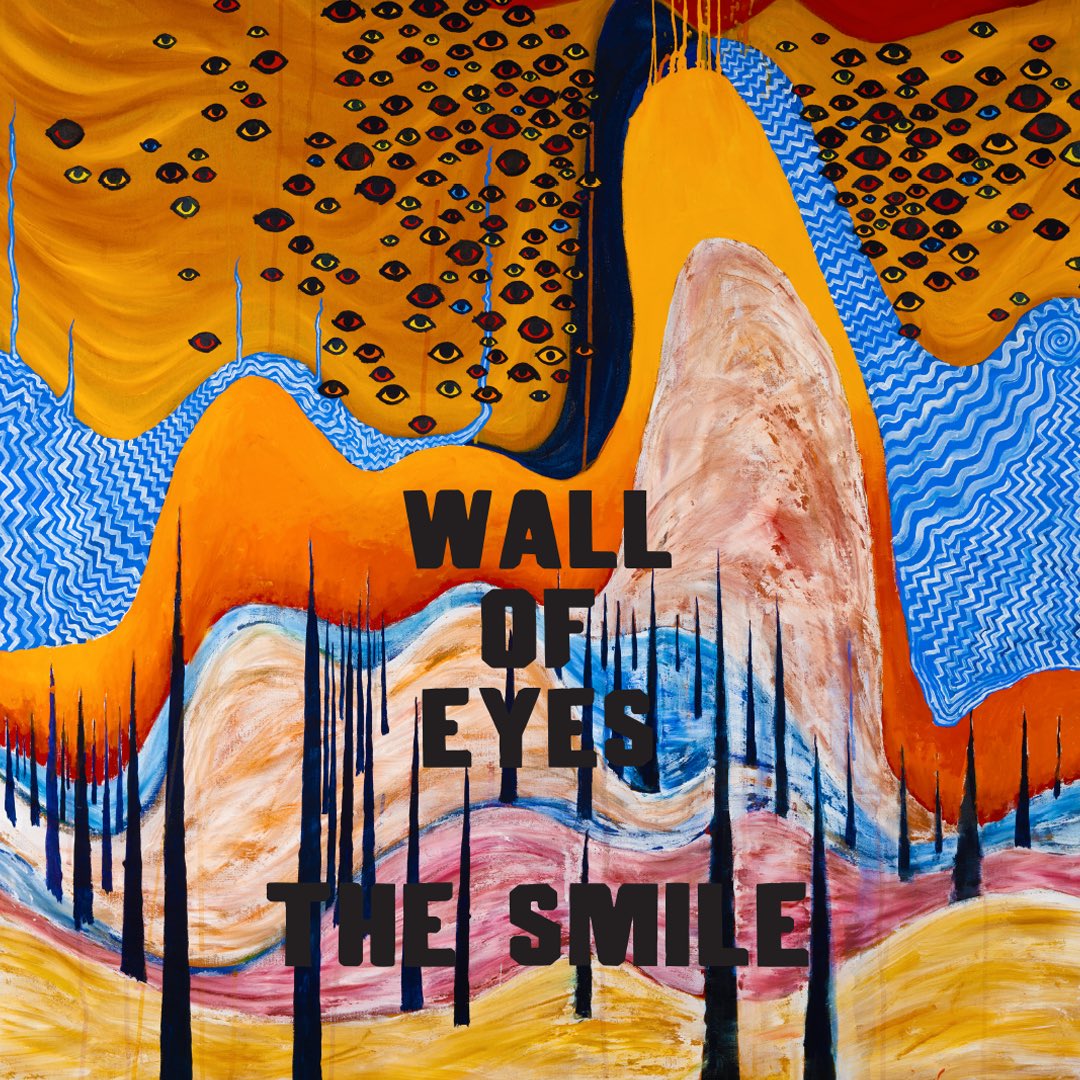
The Smile – Wall of Eyes
XL
Less than two years after Thom Yorke and Jonny Greenwood’s band The Smile released their excellent debut album A Light for Attracting Attention, they’re already back with another one–it’s the first time that the two of them together have released albums in such close succession since Radiohead in the early 2000s. I wasn’t alone in wondering why A Light for Attracting Attention wasn’t just a Radiohead album–it sounded strong and adventurous and Radiohead-like enough to be one–but I think I know why Wall of Eyes isn’t. This one feels a lot more like a side project, and that’s not a negative thing. It was produced by Sam Petts-Davies, who also worked with Thom Yorke on his Suspiria soundtrack and his songs for Peaky Blinders, rather than Radiohead producer Nigel Godrich, who helmed A Light for Attracting Attention, and it feels more improvisational, more focused on the journey than the destination. And it’s a treat to hear music that doesn’t sound so obsessed over from people who just exude talent like Thom Yorke and Jonny Greenwood.
The songs on Wall of Eyes are still proper songs, they still have grand string arrangements by the London Contemporary Orchestra, but Thom, Jonny, and drummer Tom Skinner (ex-Sons of Kemet) often sound more like they’re jamming than writing tight little nuggets like “You Will Never Work In Television Again”–most of these tracks hover around the five or six minute mark. They also sound like they’re having fun with some new ideas that may not have made the cut on a Radiohead album. “Read the Room” sounds like The Smile’s take on woozy, whimsical, ’60s psych-pop, and the eight-minute “Bending Hectic” builds to a ten-ton sludge metal coda. Those are the moments that sound the most freeing, and they’re also the moments that stick out the most. As much as the more moody, ethereal songs sound like Thom Yorke and Jonny Greenwood at their finest, it’s even more thrilling to hear the ways Wall of Eyes push them out of their usual comfort zones. [A.S.]
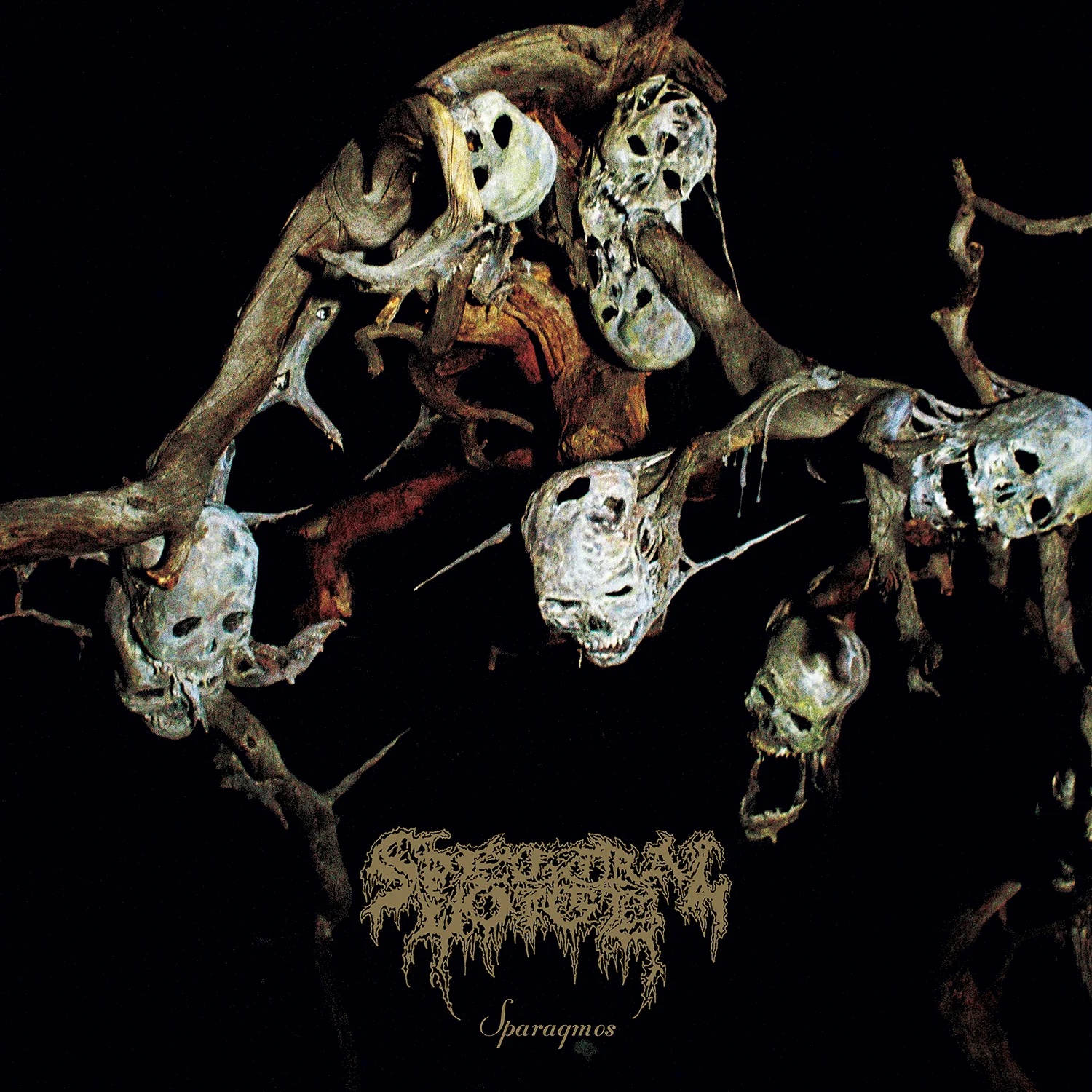
Spectral Voice – Sparagmos
Dark Descent
Blood Incantation said that 2024 will finally see the release of their first proper album since 2019’s Hidden History of the Human Race, but first, 3/4 of that band will release the first Spectral Voice album since their 2017 debut LP Eroded Corridors of Unbeing. Spectral Voice’s death metal leans much more overtly doom than Blood Incantation’s, but both bands are clearly very interested in bending genres and minds. Sparagmos is made up of four lengthy tracks of slow-paced death-doom, covered in a foggy haze and injected with the occasional burst of blastbeat-driven black metal. It’s a total sensory overload that’s as evil and abrasive as it is ethereal and trippy. [A.S.]

Tierra Whack – World Wide Whack
Interscope
At this point, the best way to describe Tierra Whack’s is to admit you can’t. If you’re totally unfamiliar, she makes some version of lively, off-kilter, hip hop-infused pop music, but that combination of words barely scratches the surface of what you actually hear when you listen to World Wide Whack. It follows 2018’s Whack World, a project with 15 one-minute songs, as well as her 2021 EP trilogy Rap?, Pop?, & R&B?, but she considers World Wide Whack her first proper full-length. It’s definitely her longest and most fleshed-out project yet–not that Whack World wasn’t maximalist in its own way–but it also still has the spontaneity, the quickness, and the brevity that made her past work so immediate. The album’s range is wide, but more important than that is how uniquely Tierra approaches each stylistic shift. Nobody does militant rap the way she does on “X,” or smooth and soulful the way she does on “Mood Swings,” or whimsical and bubbly the way she does on “Shower Song.” It walks the line between outsider art and mass appeal, a very difficult task that Tierra Whack pulls off so well. [A.S.]
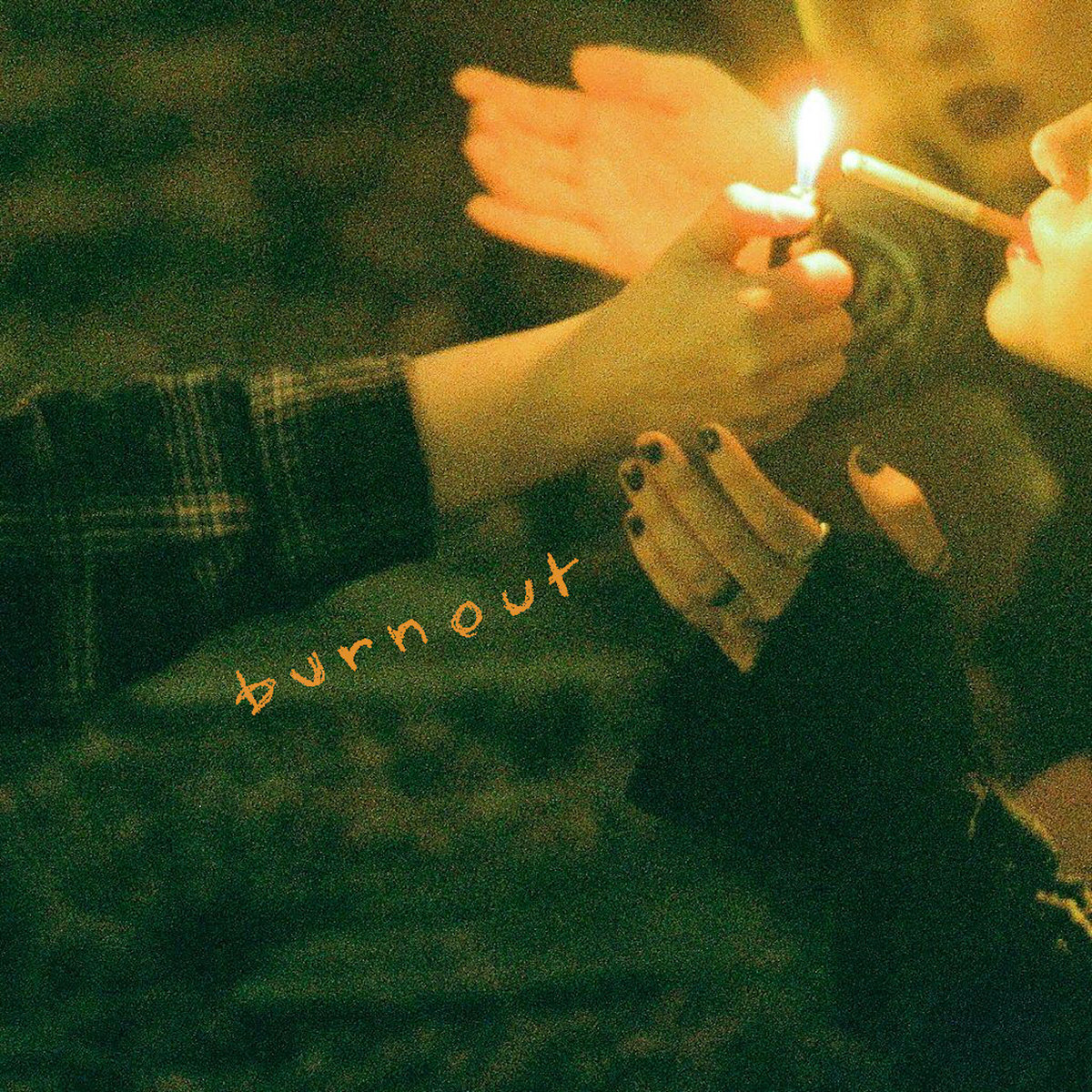
VIAL – burnout
Get Better Records
burnout is VIAL’s third album but it feels like a new beginning, and part of that is just because of the weird world we’ve been living in. The Minneapolis indie-punk band released their 2019 debut album Grow Up when they were primarily playing local DIY shows and on a rise that could’ve been halted by global lockdown months later. But VIAL weathered that storm and actually got bigger than ever thanks to the power of social media and their great 2021 sophomore LP LOUDMOUTH. When live music returned, all of a sudden VIAL were overwhelmed with tour offers, and they hit the ground running, diving into a constant grind that partially inspired the title of their third record, burnout. It’s the first album they’ve made as a full-time touring band, and you can feel the difference. It’s tight, strong, and just whips by with the adrenaline rush of a great punk show.
The album tells the story of a person losing a relationship, and it’s filled with the range of emotions that come with that, from the anger of the album-opening punk rager “two-faced” to the sadness of “broth song” to being okay with not being okay (“just fine”) to the humor of the “Stacy’s Mom”-esque “ur dad” to the self-evident album closer “apathy.” With influences that include Nirvana’s Bleach, Turnstile’s Glow On, and current indie/DIY stuff like Sidney Gish and illuminati hotties, burnout‘s musical range is as wide as its emotional one. It goes from aggressive punk (“two-faced”) to pop punk (“falling short”) to brat punk (“ur dad”); from dreamy, jangly pop (“bottle blonde”) to power pop (“just fine”); and it goes out on its most towering note with the darker, grungier “apathy.” Maybe it’s just the proximity of their releases, but the particular range of this album pairs really well with the new Mannequin Pussy, and if you’ve been as into that album as we have, I can’t recommend this one enough. [A.S.]
For more on VIAL, listen to our new podcast episode with the band.

Waxahatchee – Tigers Blood
ANTI-
With 2020’s Saint Cloud, released roughly a decade and five albums into her career as Waxahatchee, Katie Crutchfield released the biggest album of her career. Katie, whose public-facing music career dates back even further to her days playing punk houses with P.S. Eliot and The Ackleys, carried some of that grit into her early days as Waxahatchee, but Saint Cloud just about fully polished it off in favor of warm, lush Americana. It was just the direction that the Alabama-born singer/songwriter’s music was heading in at that time, but it happened to coincide with the indie rock community starting to embrace a love of country music–a love that’s only strengthened in the four years since. With more attention on Waxahatchee than ever and even more of an interest in countrified indie than there was in 2020, Katie and Saint Cloud producer Brad Cook keep their twangy fire lit on Tigers Blood.
The new record actually almost went in a different direction–Katie’s said in interviews that there was a minute when Tigers Blood almost embraced a more electronic pop vibe–but Katie ultimately decided that this “Southern alternative rock” place is where she feels most comfortable right now, and part of that decision was inspired by MJ Lenderman, who also currently finds himself at the forefront of countrified indie as both a solo artist and a member of Wednesday. MJ came in early in the process to jam with Katie and Brad, and Katie’s said that after they laid down the song “Right Back To It,” it became the spark that informed the direction of this whole album. That song became a duet with MJ Lenderman, whose rustic tone is a perfect foil for Katie’s ever-towering voice, and MJ ended up playing guitar on every song and adding backing harmonies to three others.
Katie’s repeatedly mentioned Tom Petty and Lucinda Williams as heroes in recent interviews, and it’s easy to see the ways that she follows in their footsteps, as a great American songwriter whose craft ever-so-gradually evolves over time. On Tigers Blood, she finds herself in a place where her songwriting is calmer and more peaceful compared to the darker themes that came through on Saint Cloud. There are songs about love, songs about growing apart from old friends, and just in general it feels like an album about growth, an album informed by the perspective and wisdom that comes with doing this as long as Katie Crutchfield has. Tom Petty and Lucinda Williams were roughly two decades into their careers when they put out some of their most widely-beloved albums, and similarly, Katie is just continuing to hit new strides. [A.S.]
—
SEE ALSO: 55 albums we’re anticipating for spring 2024
Browse the Notable Releases and Bill’s Indie Basement archives for even more album reviews from this year.
